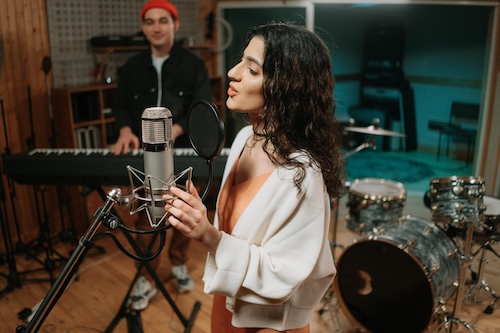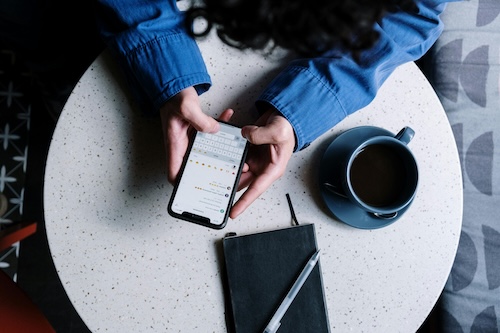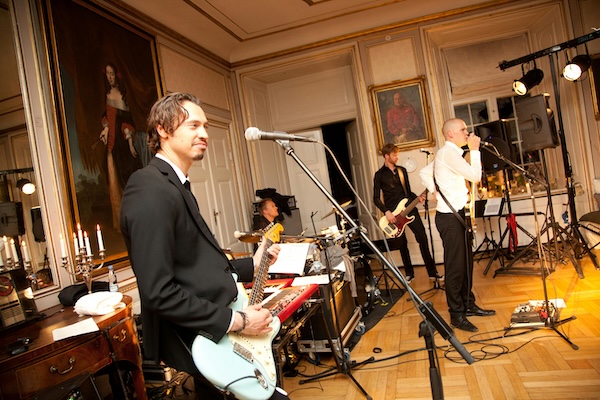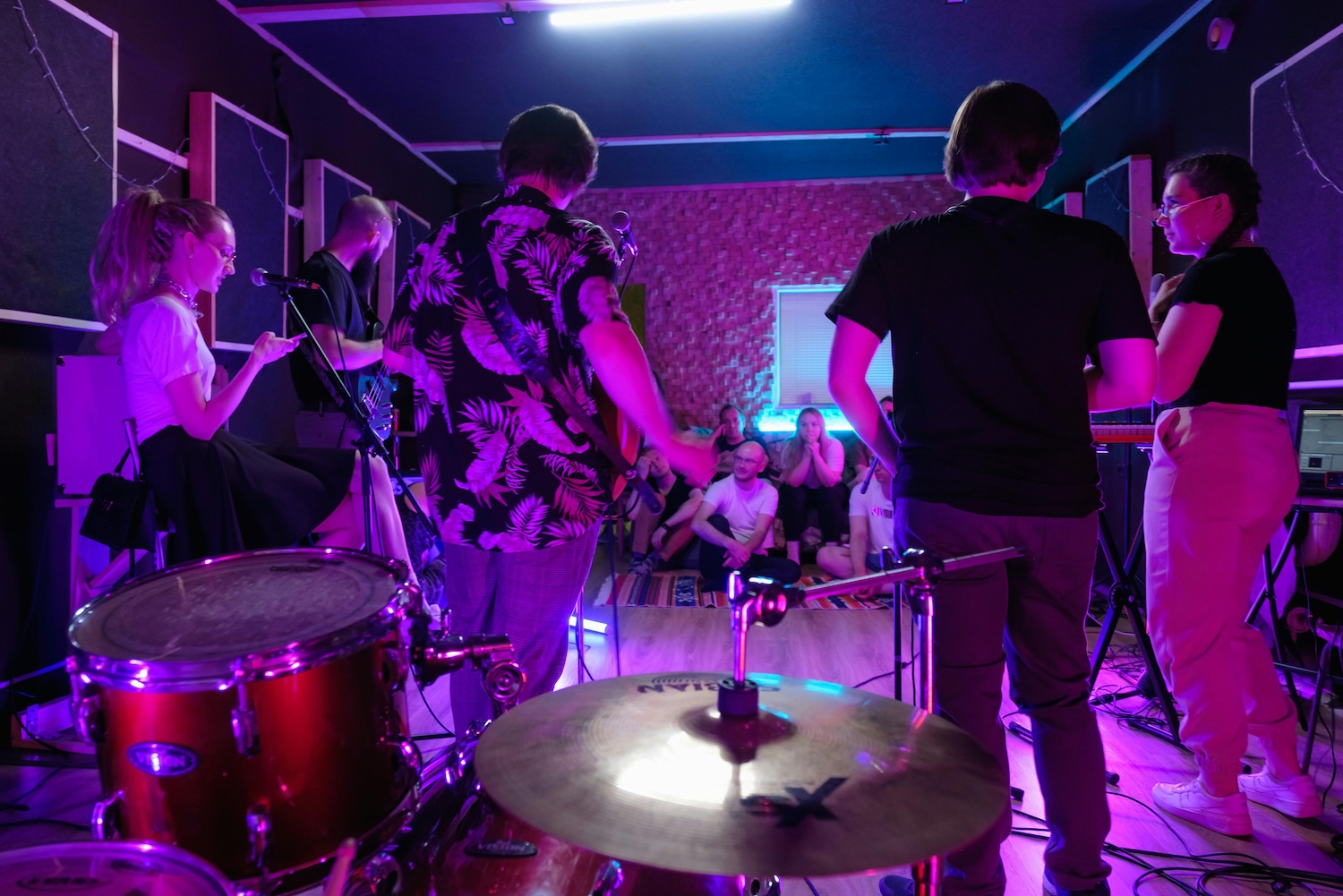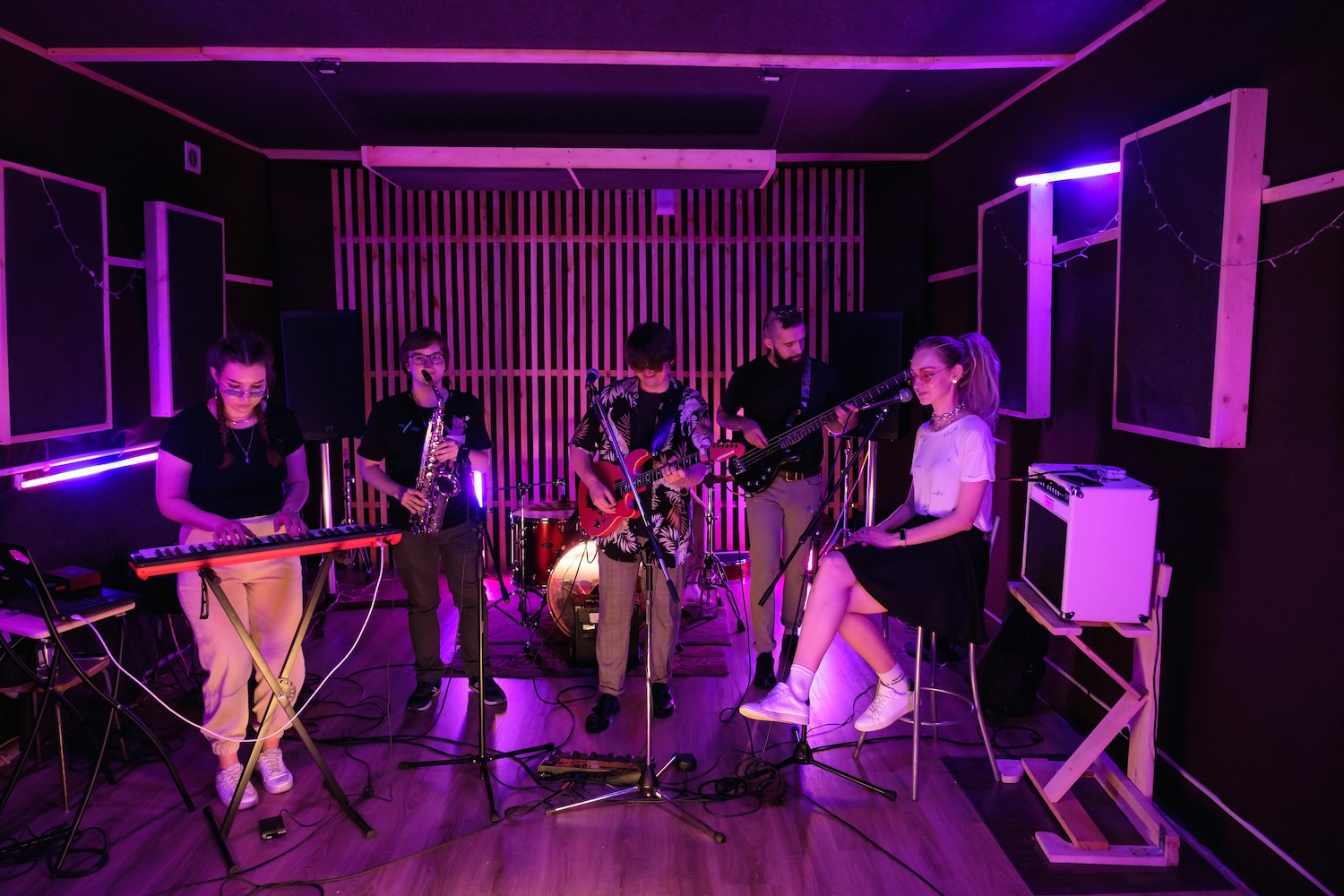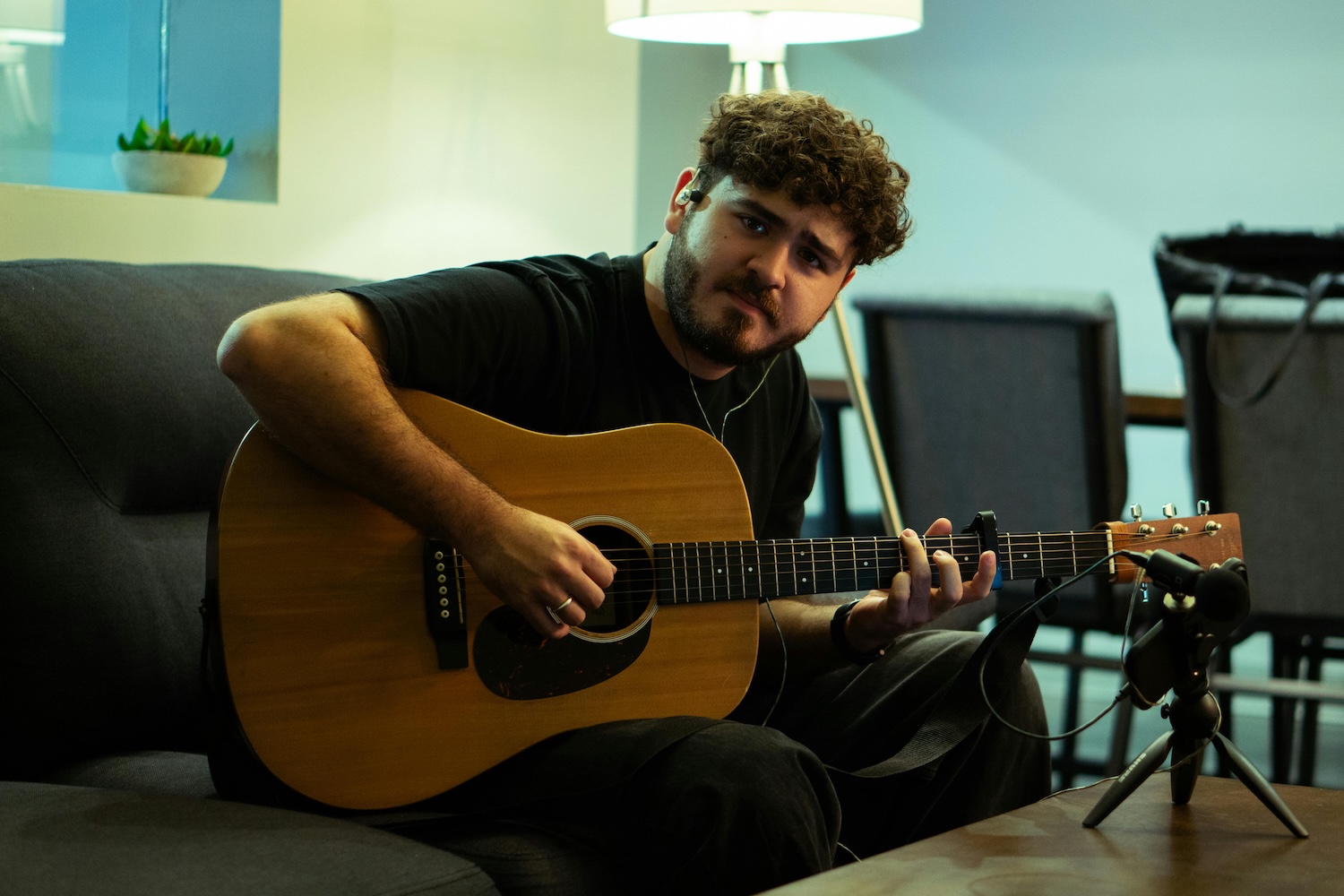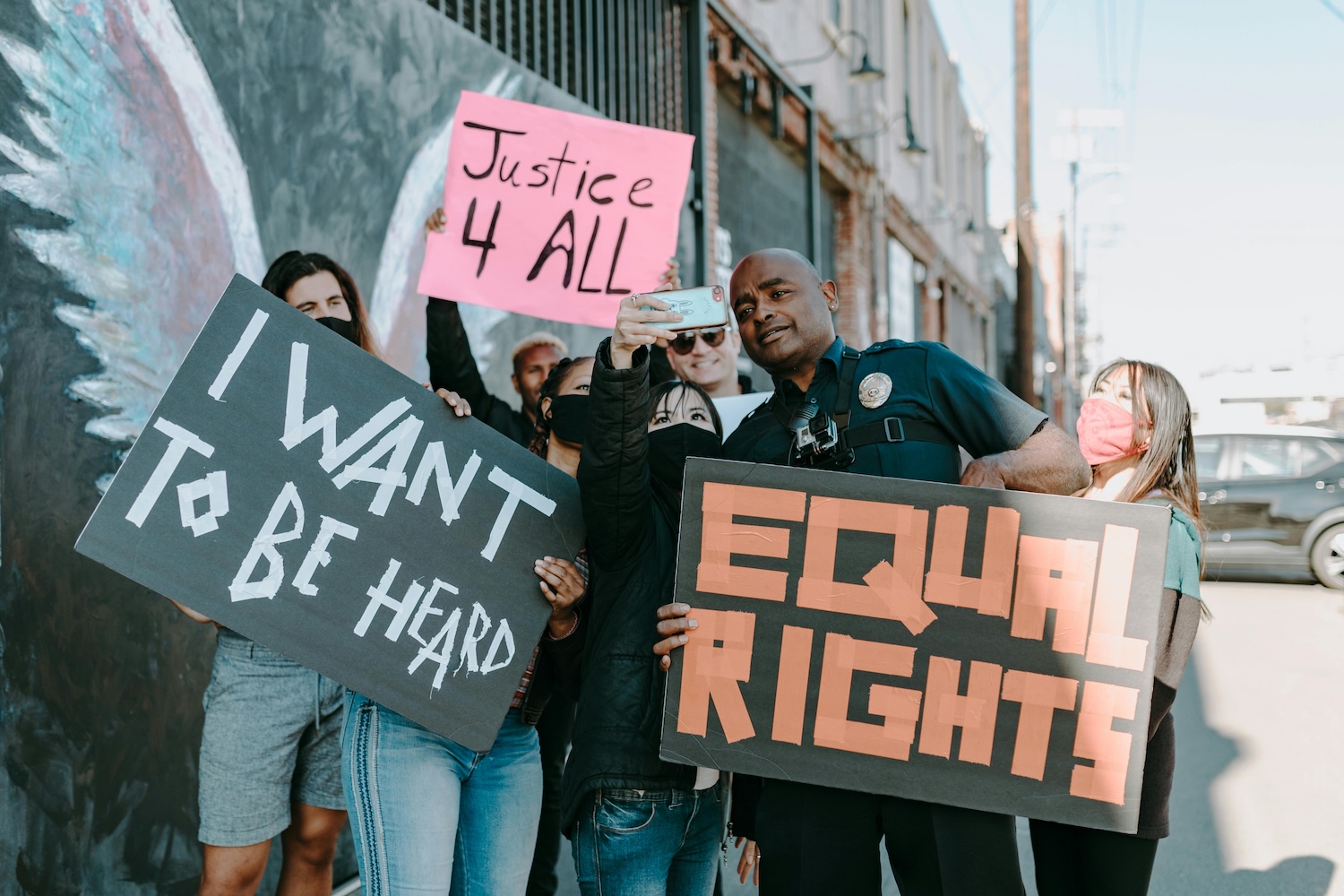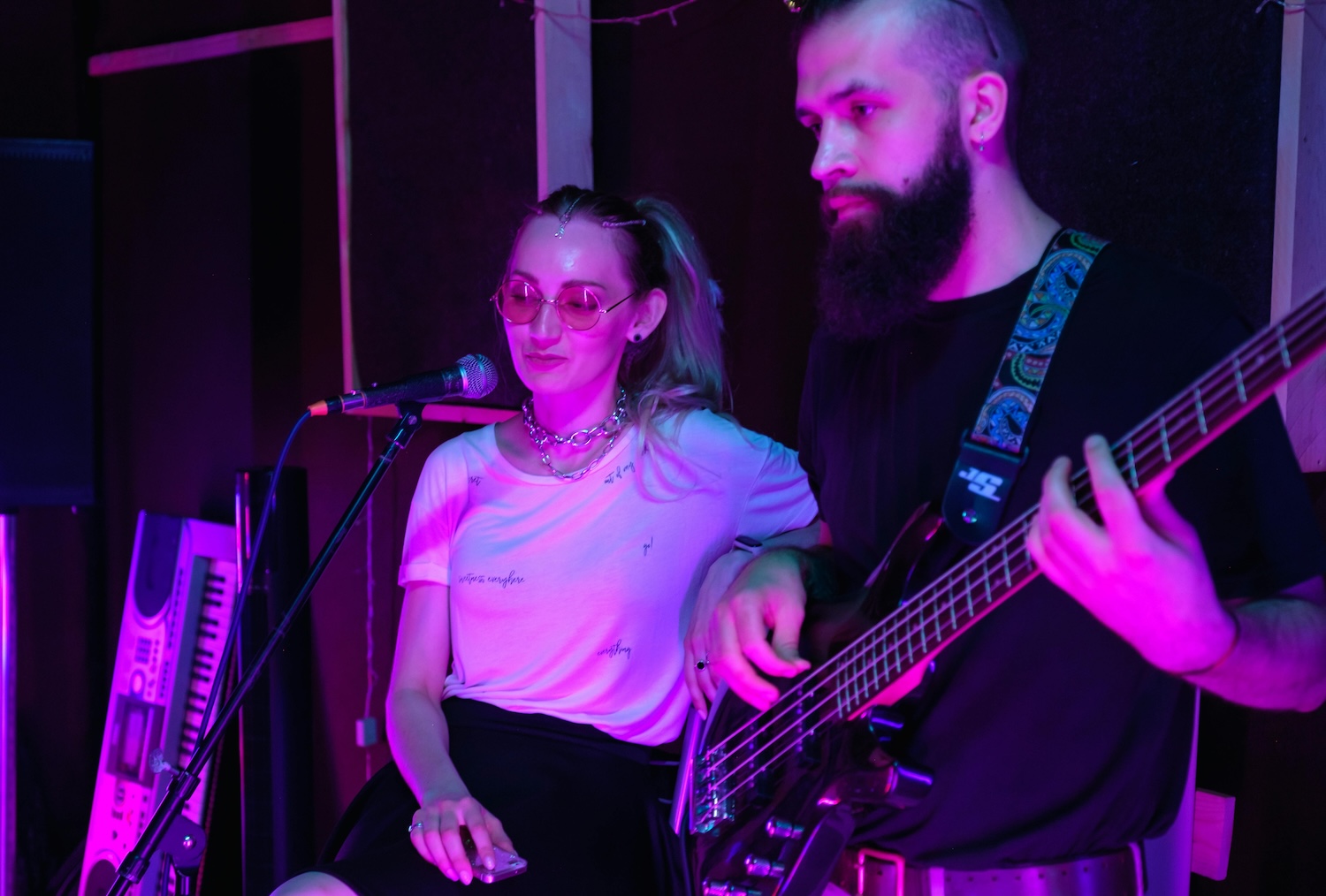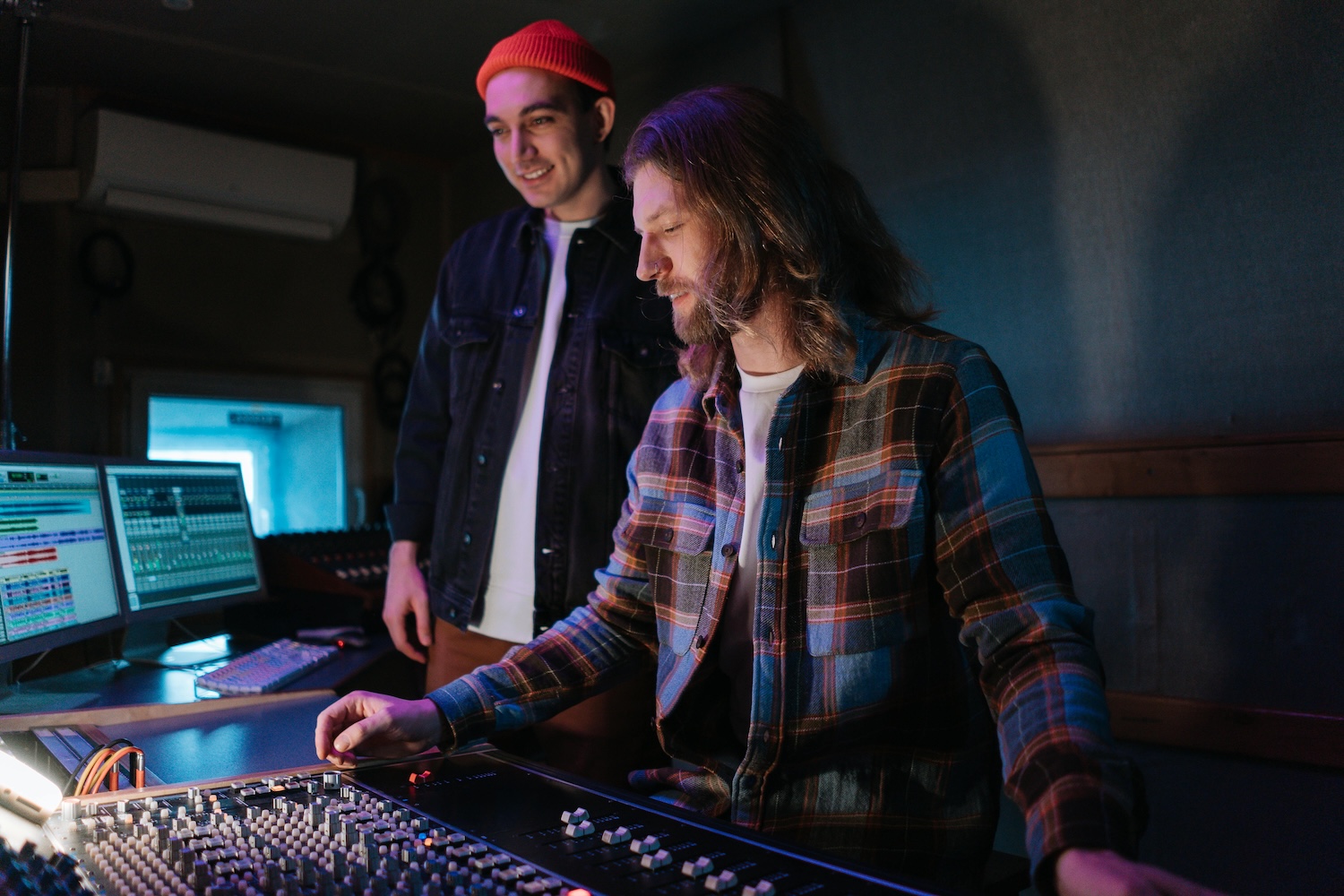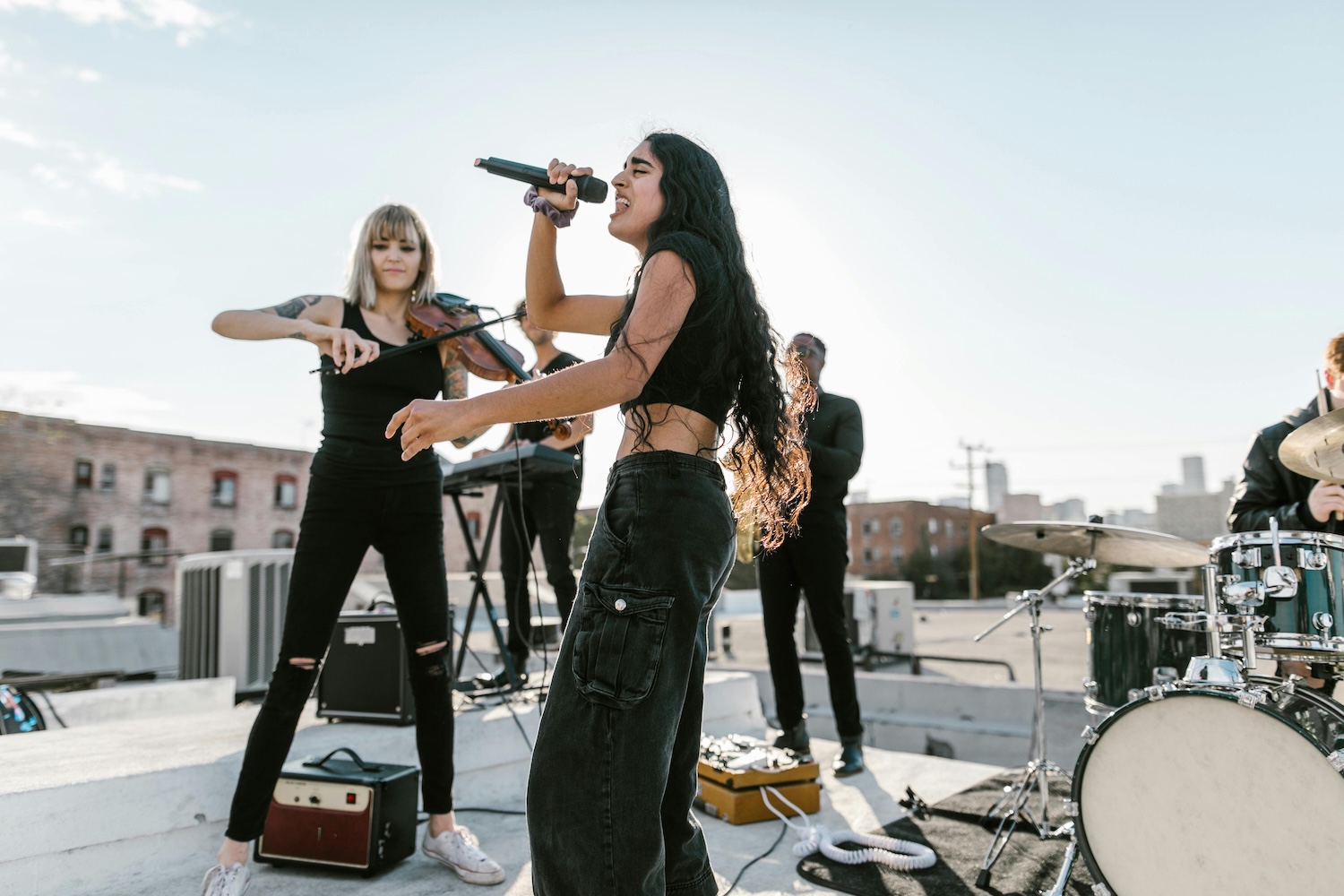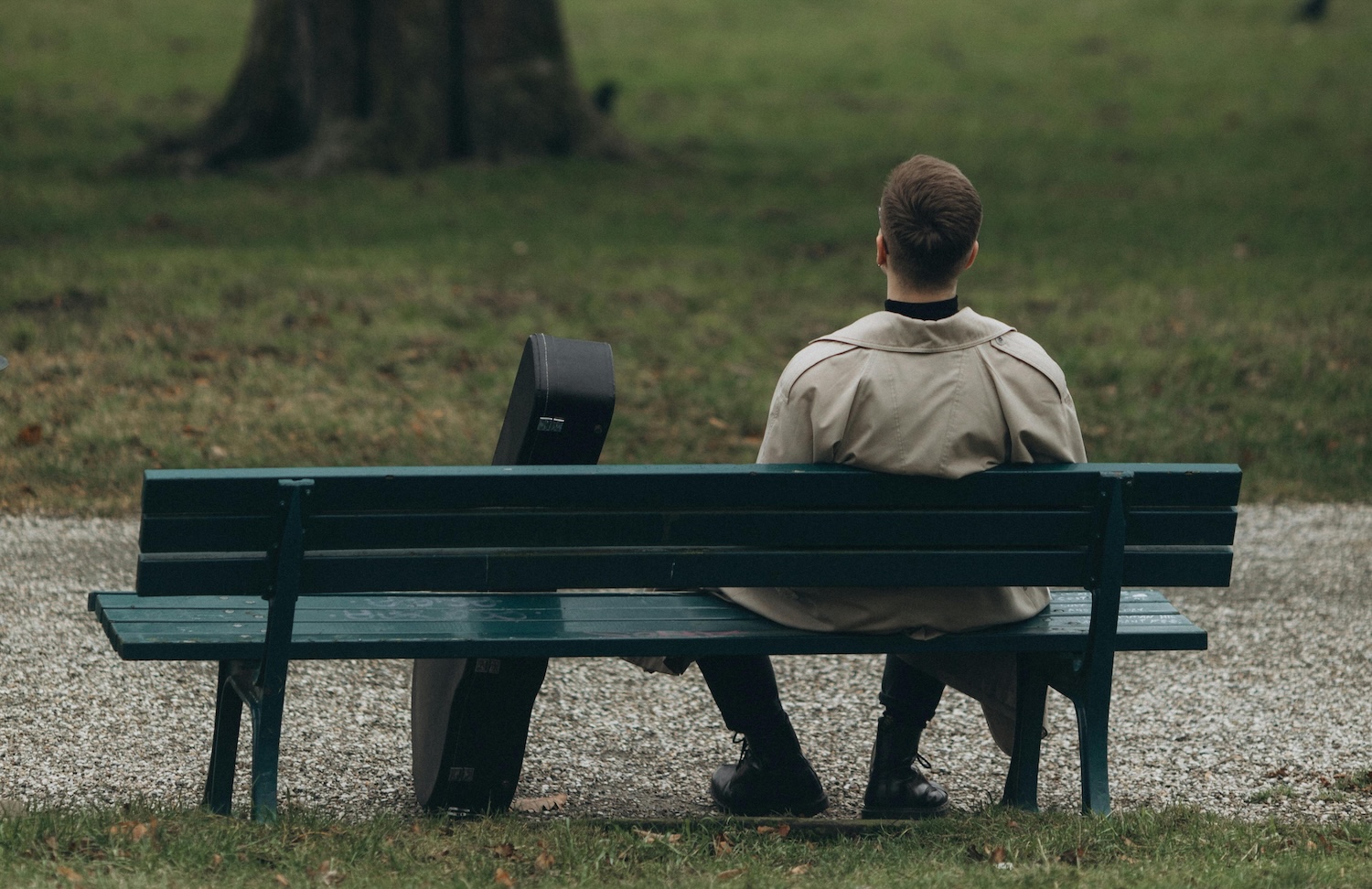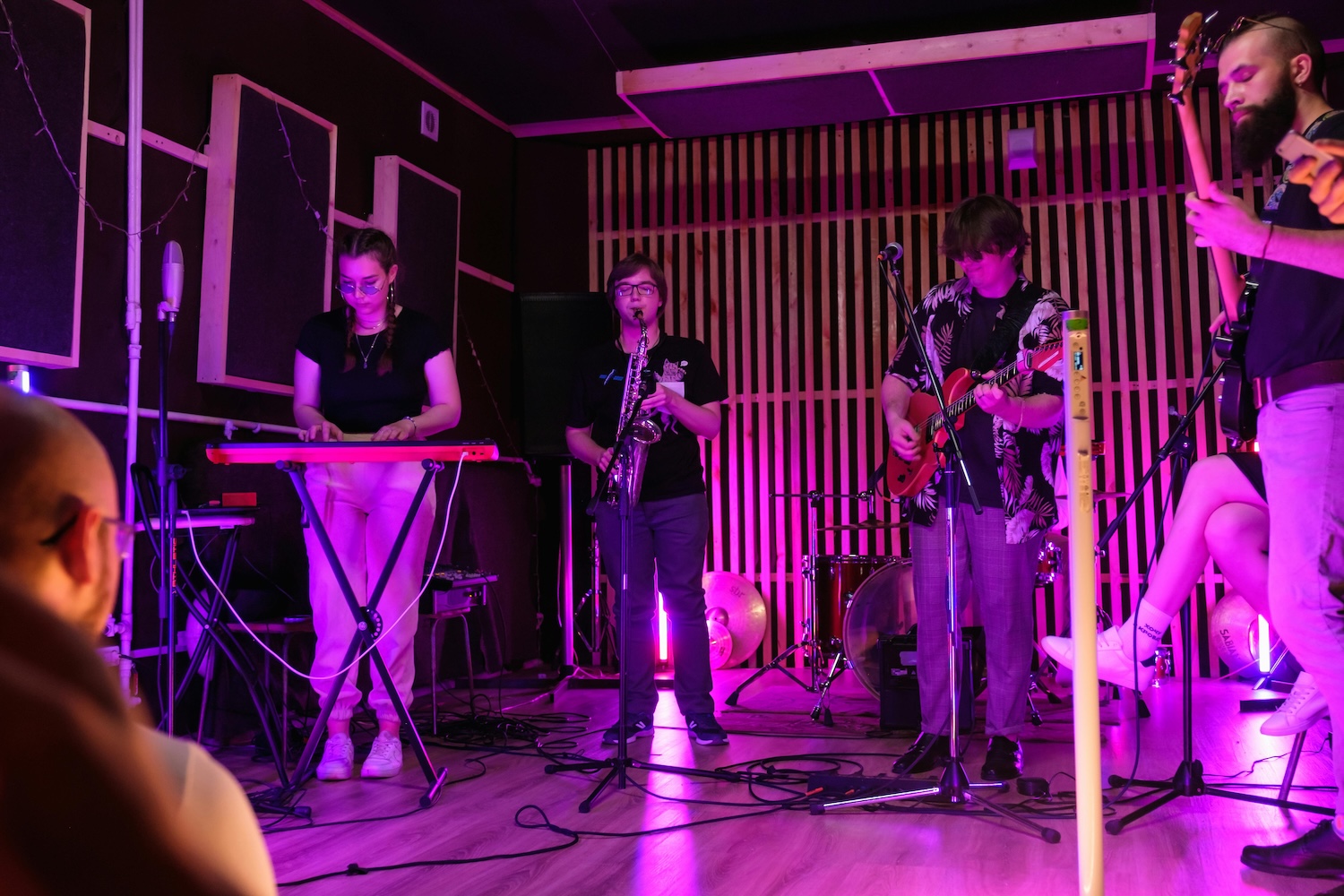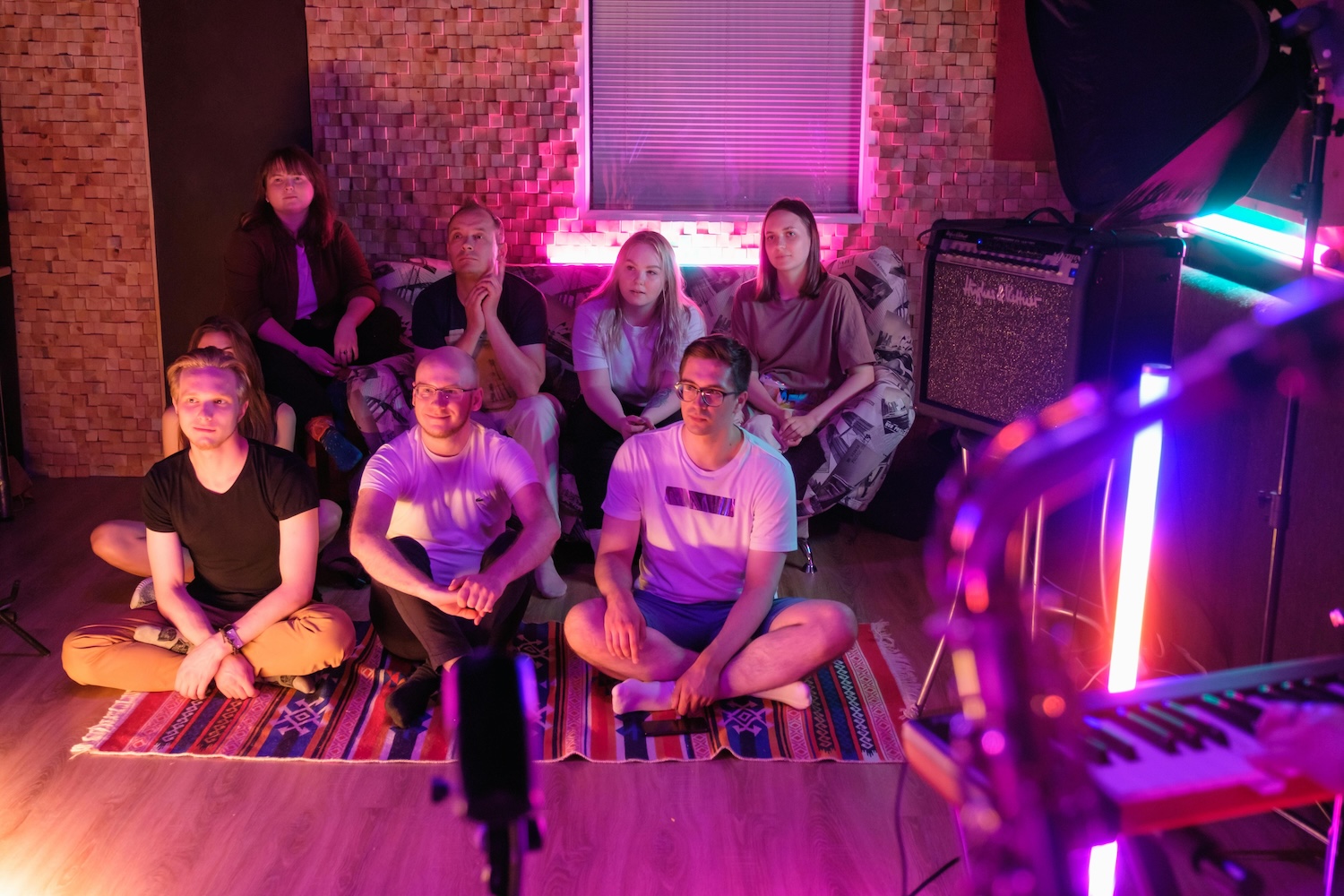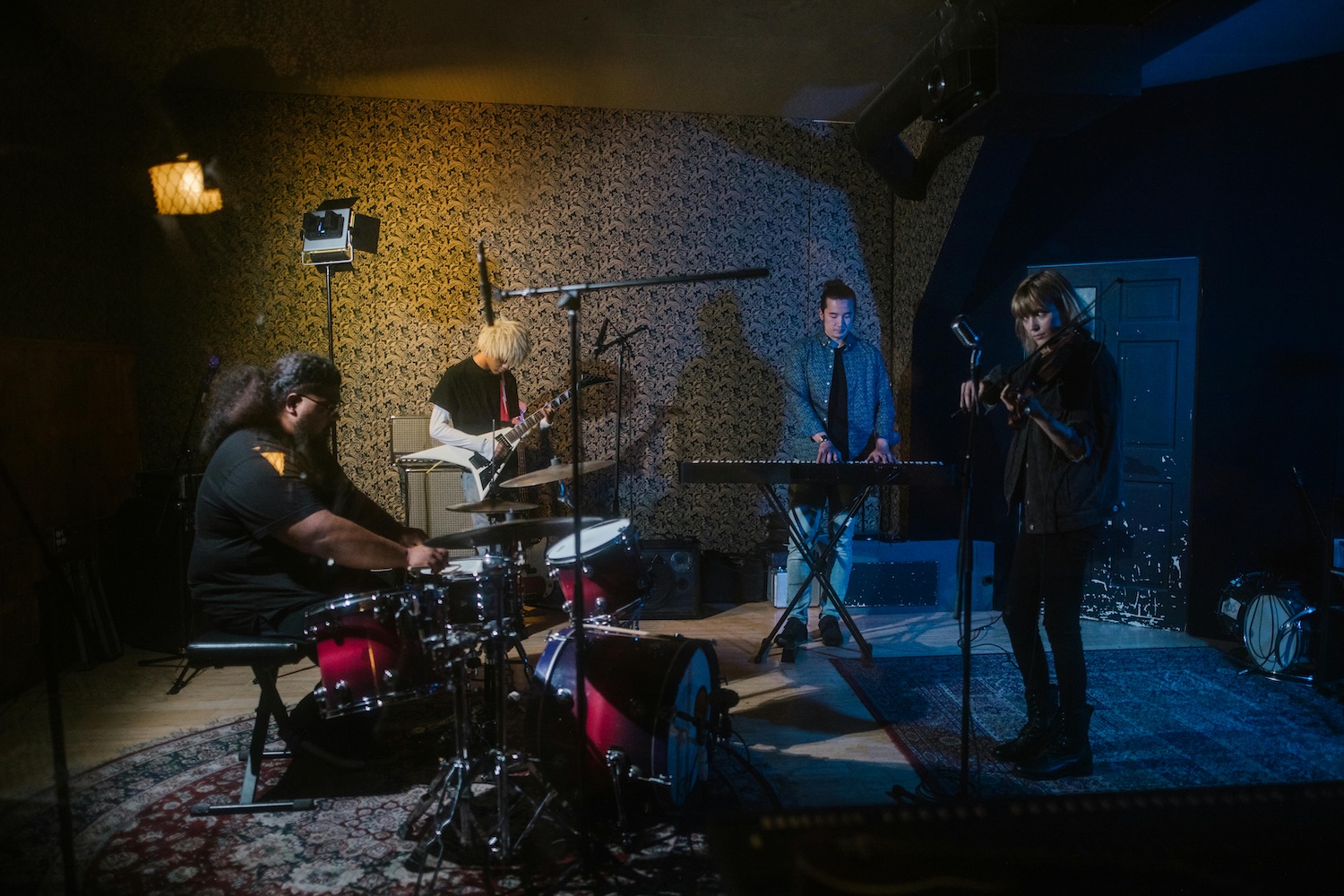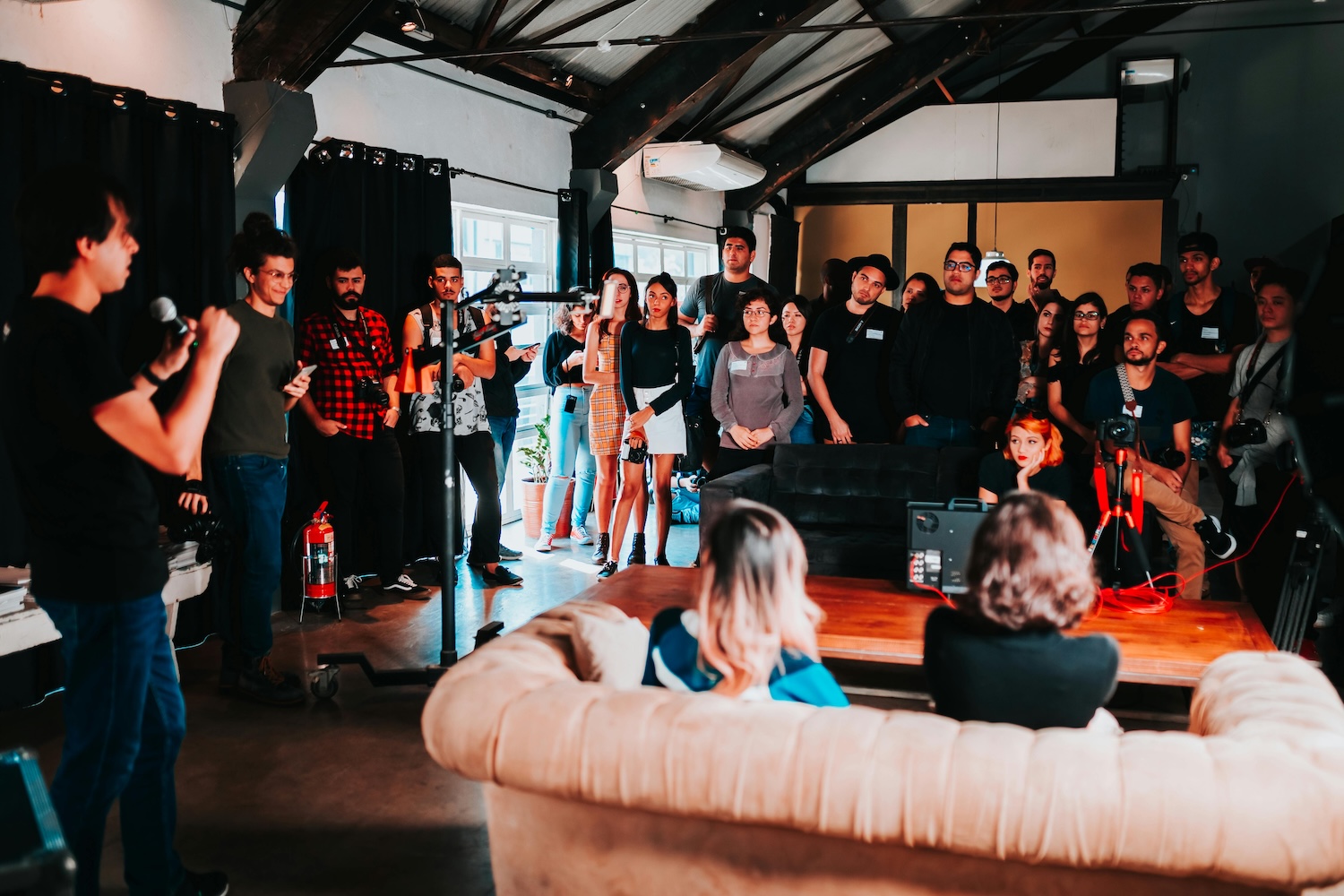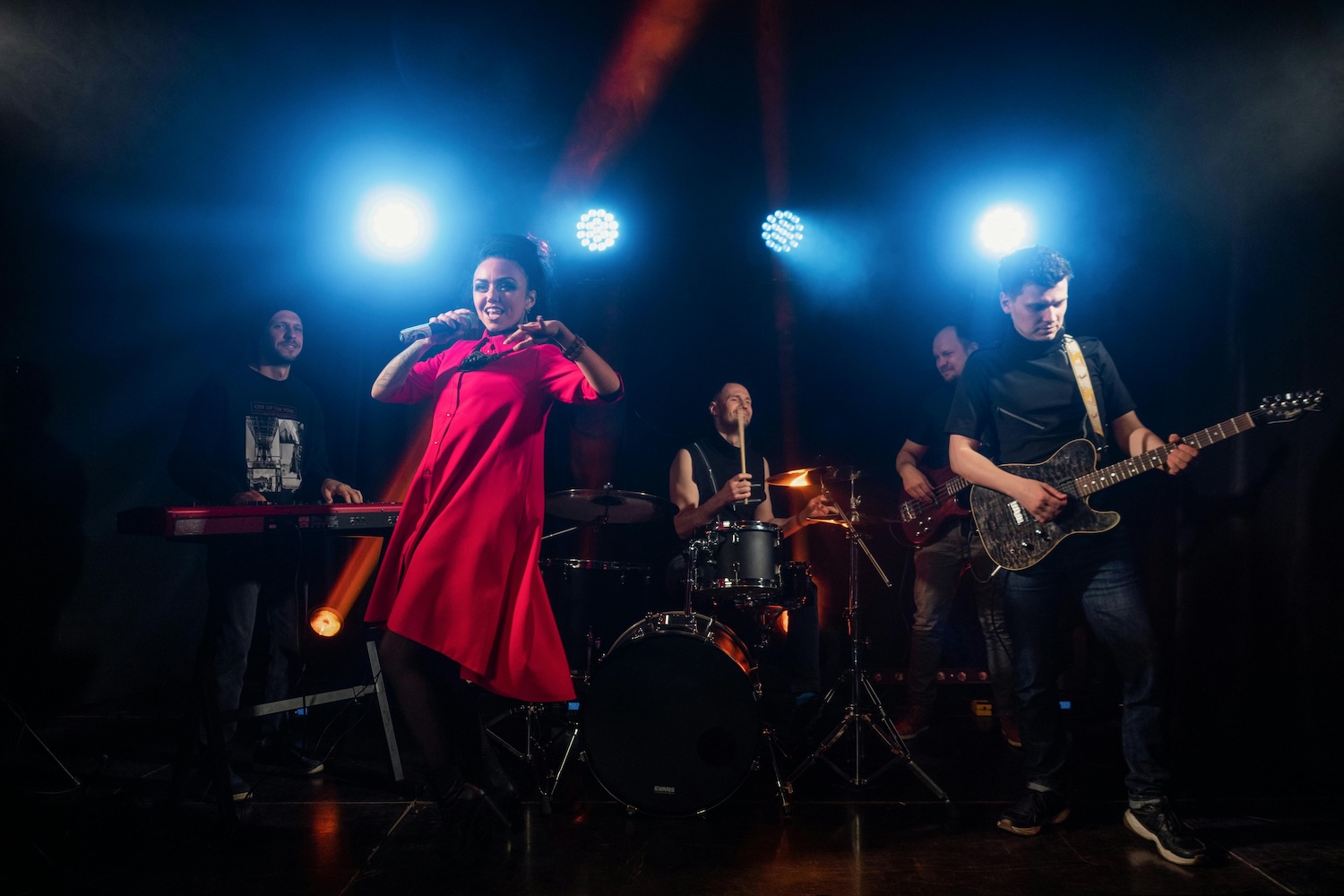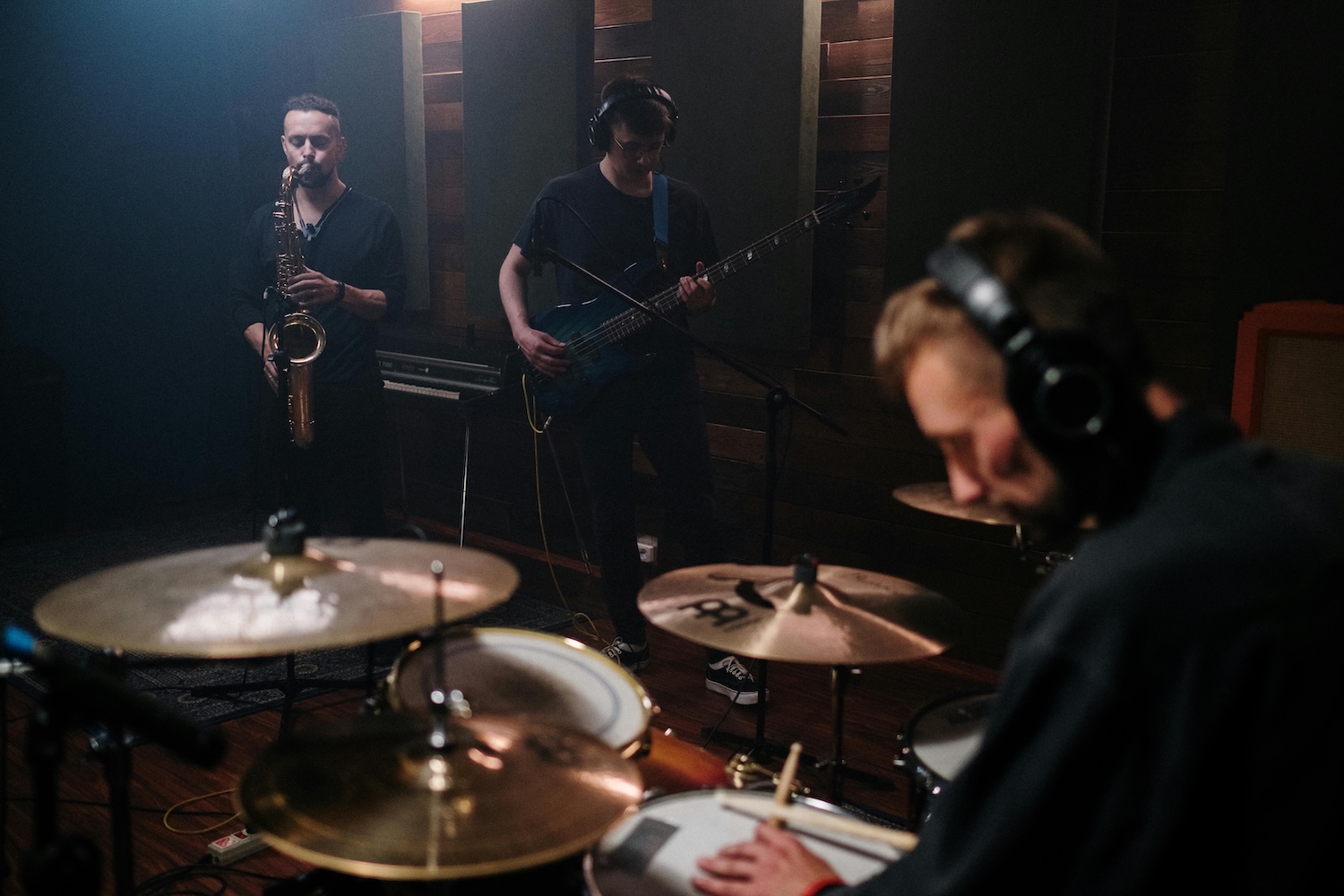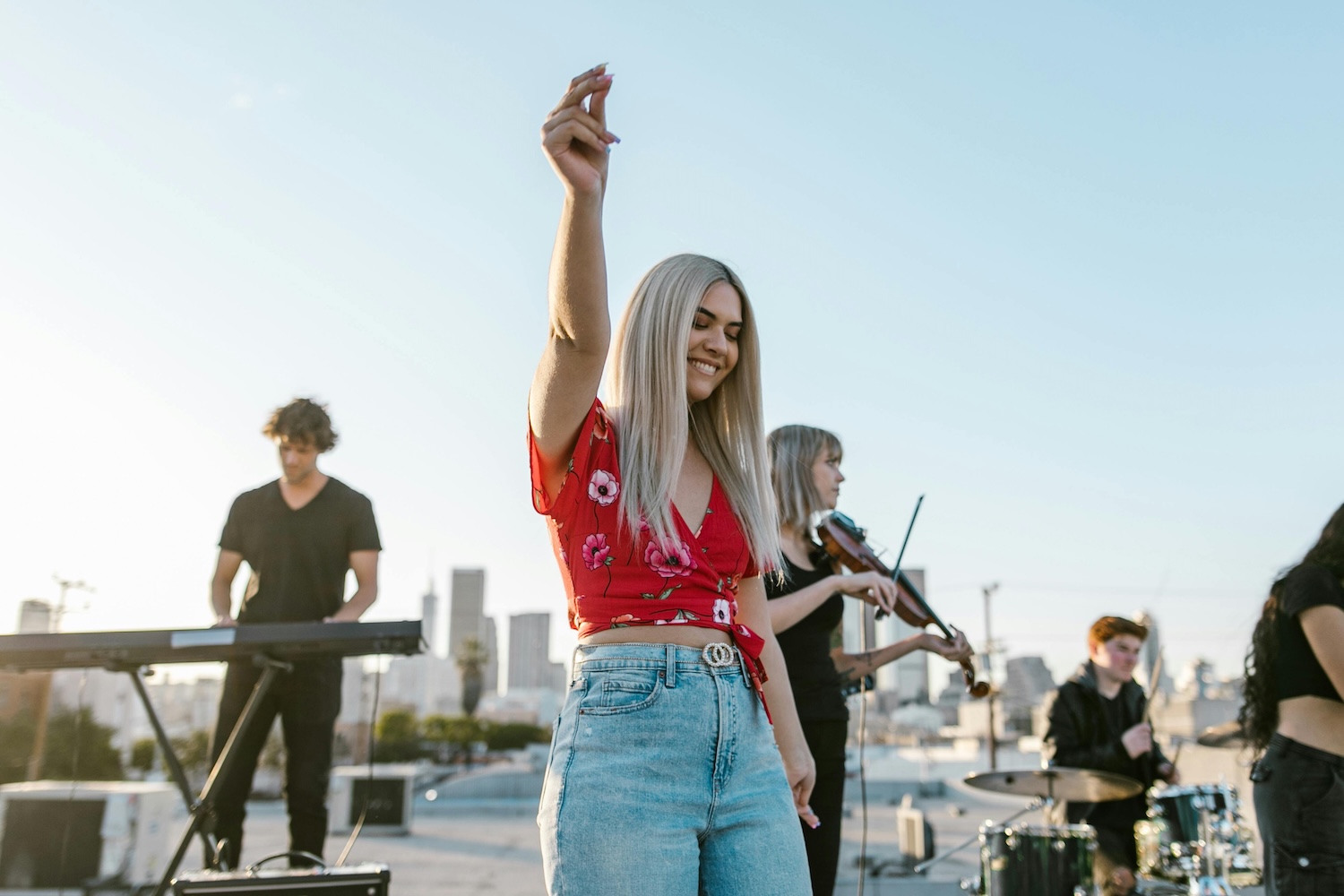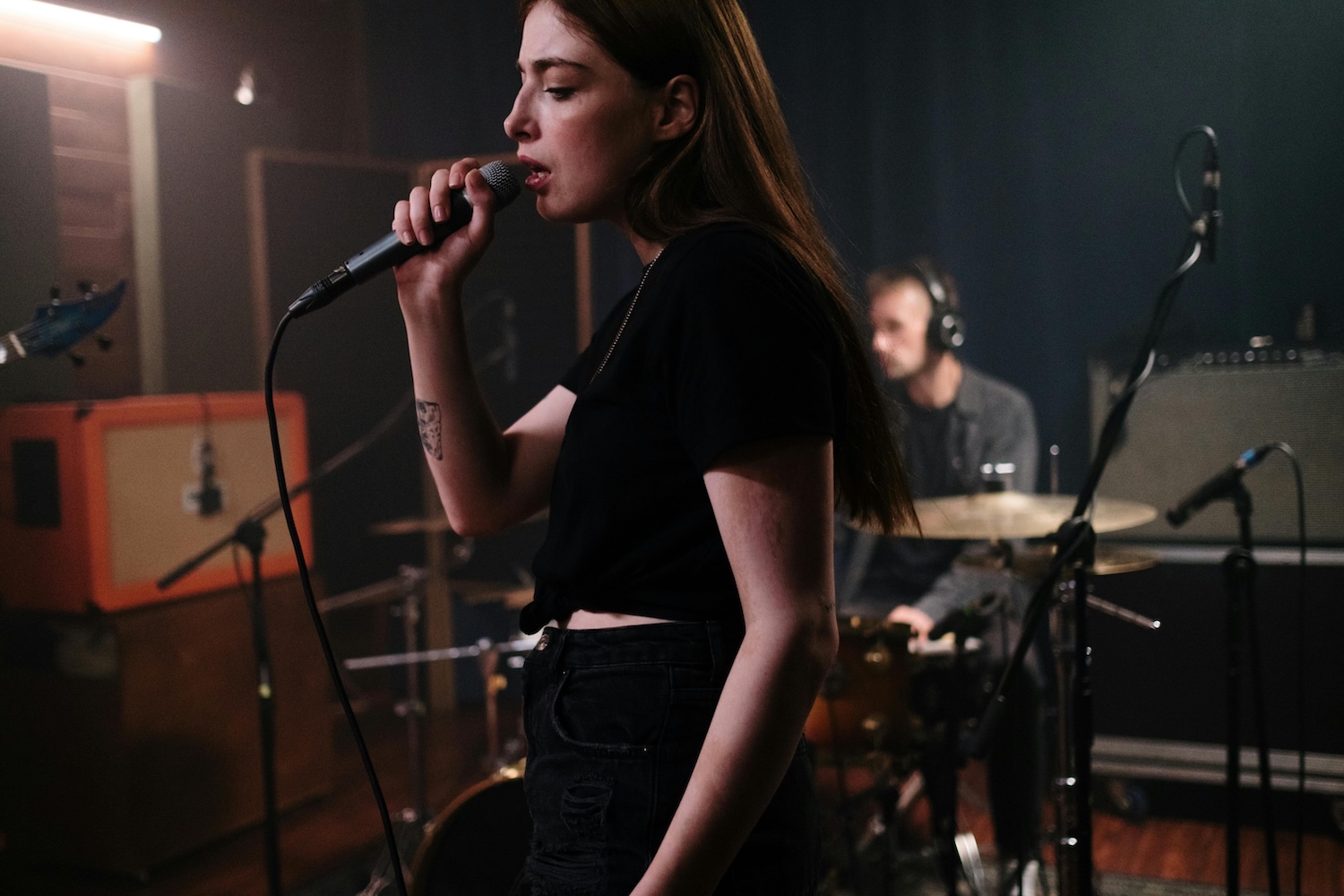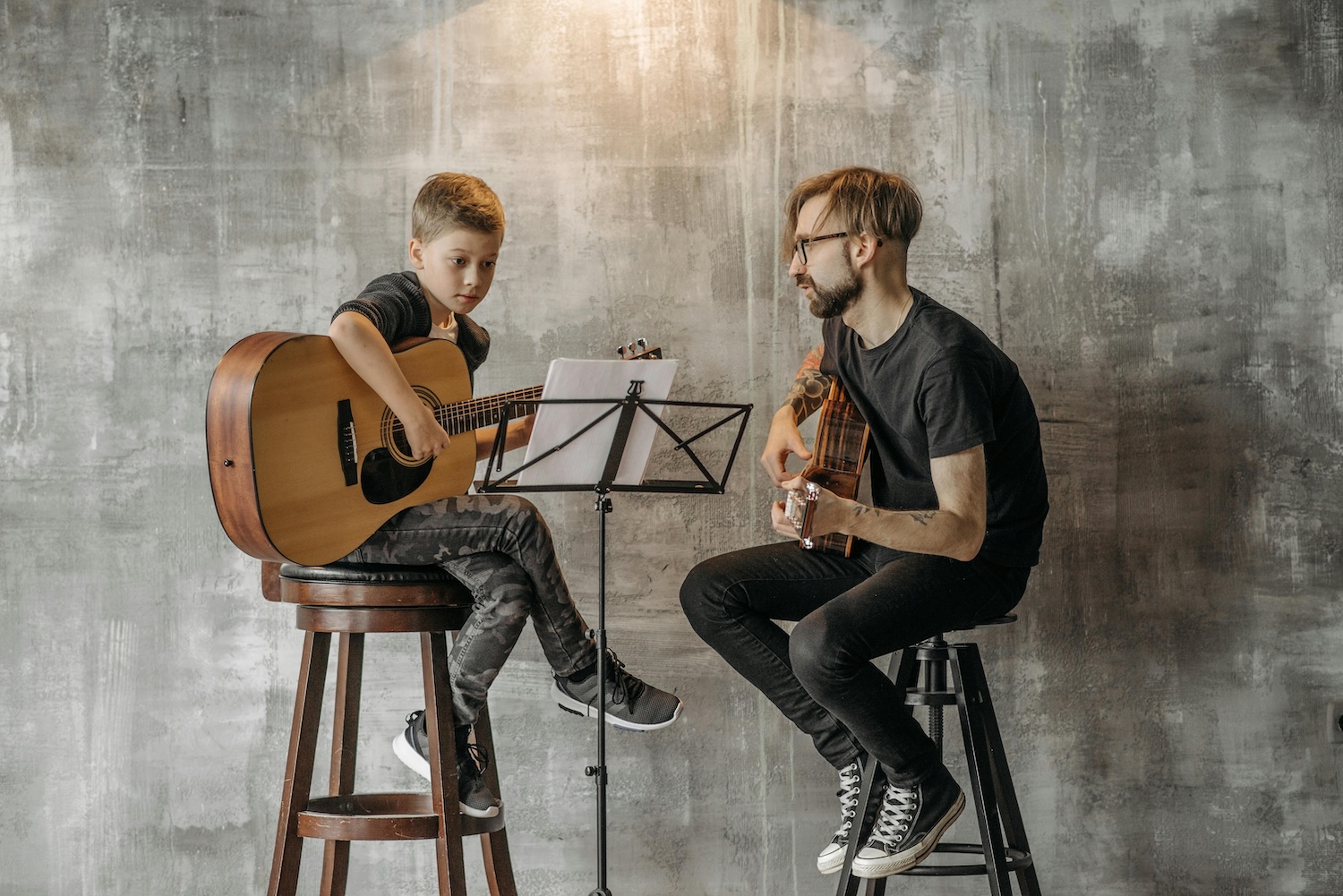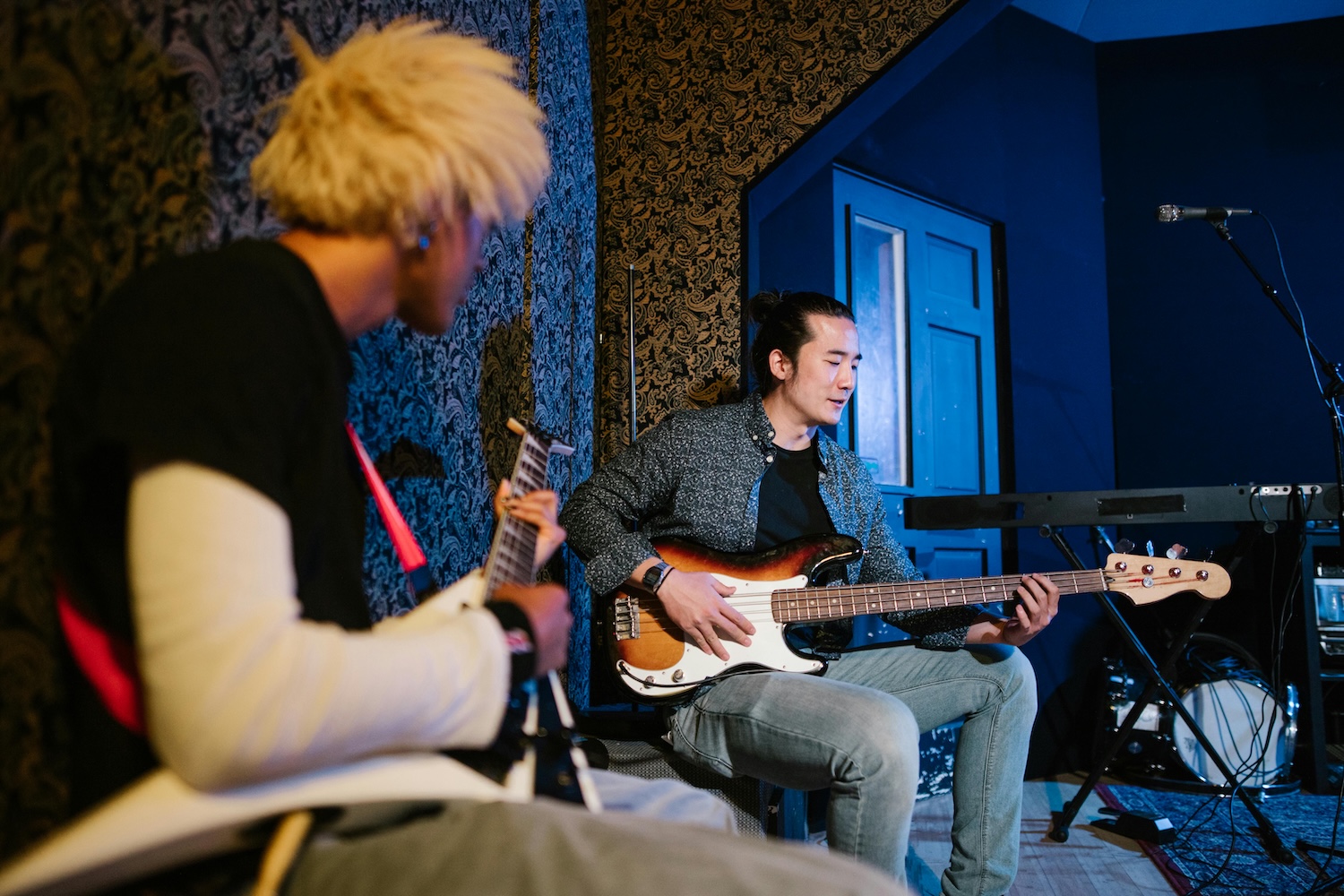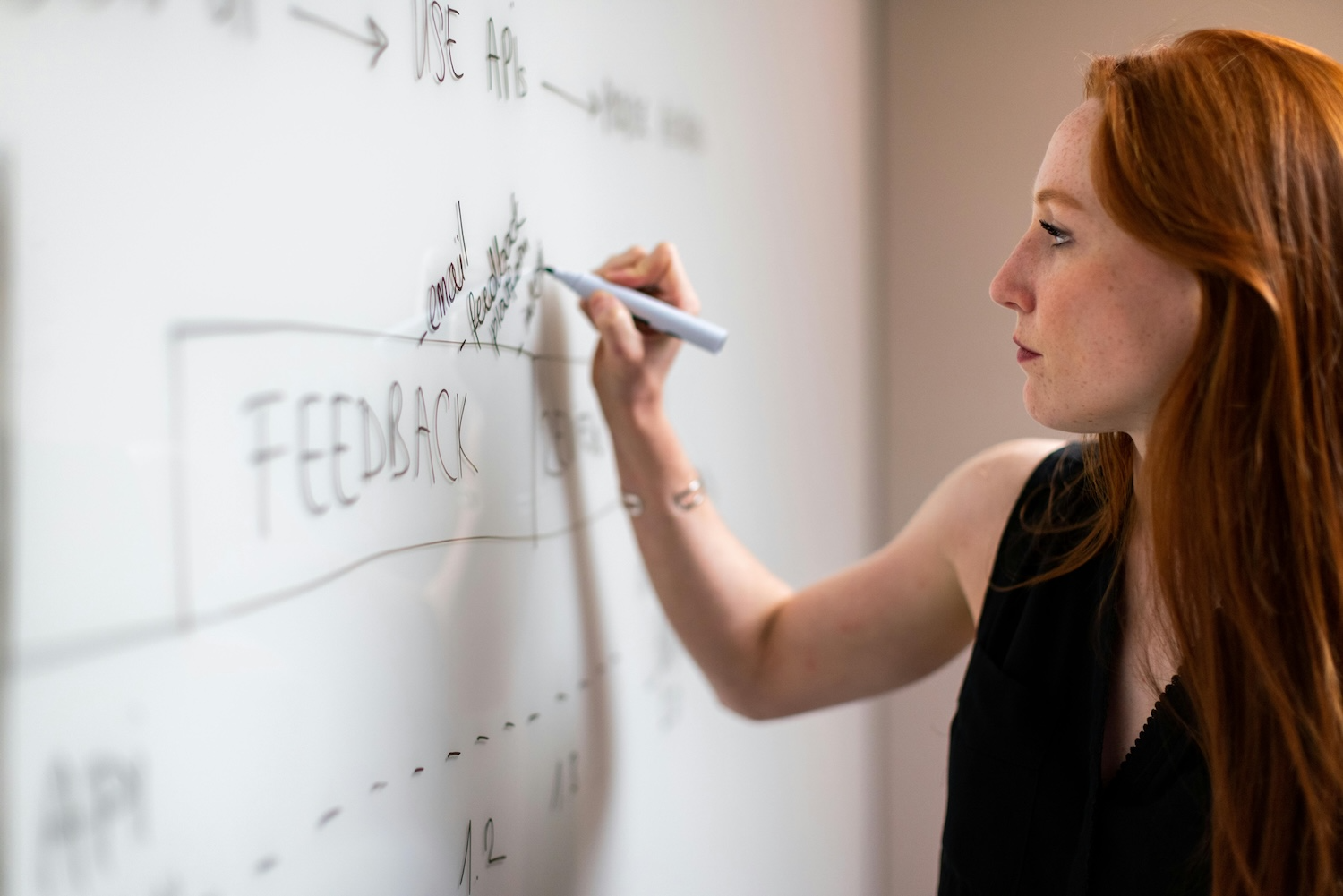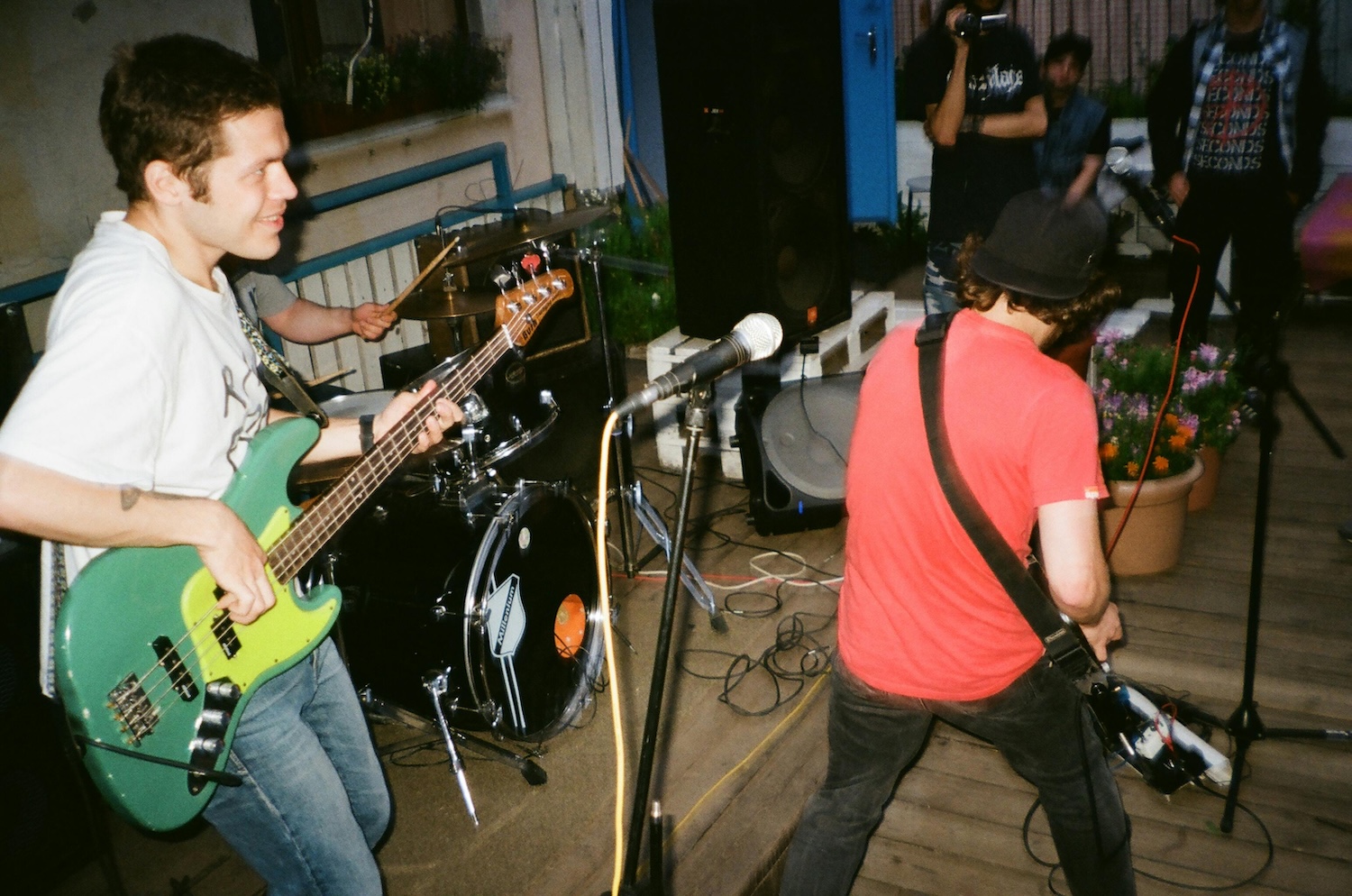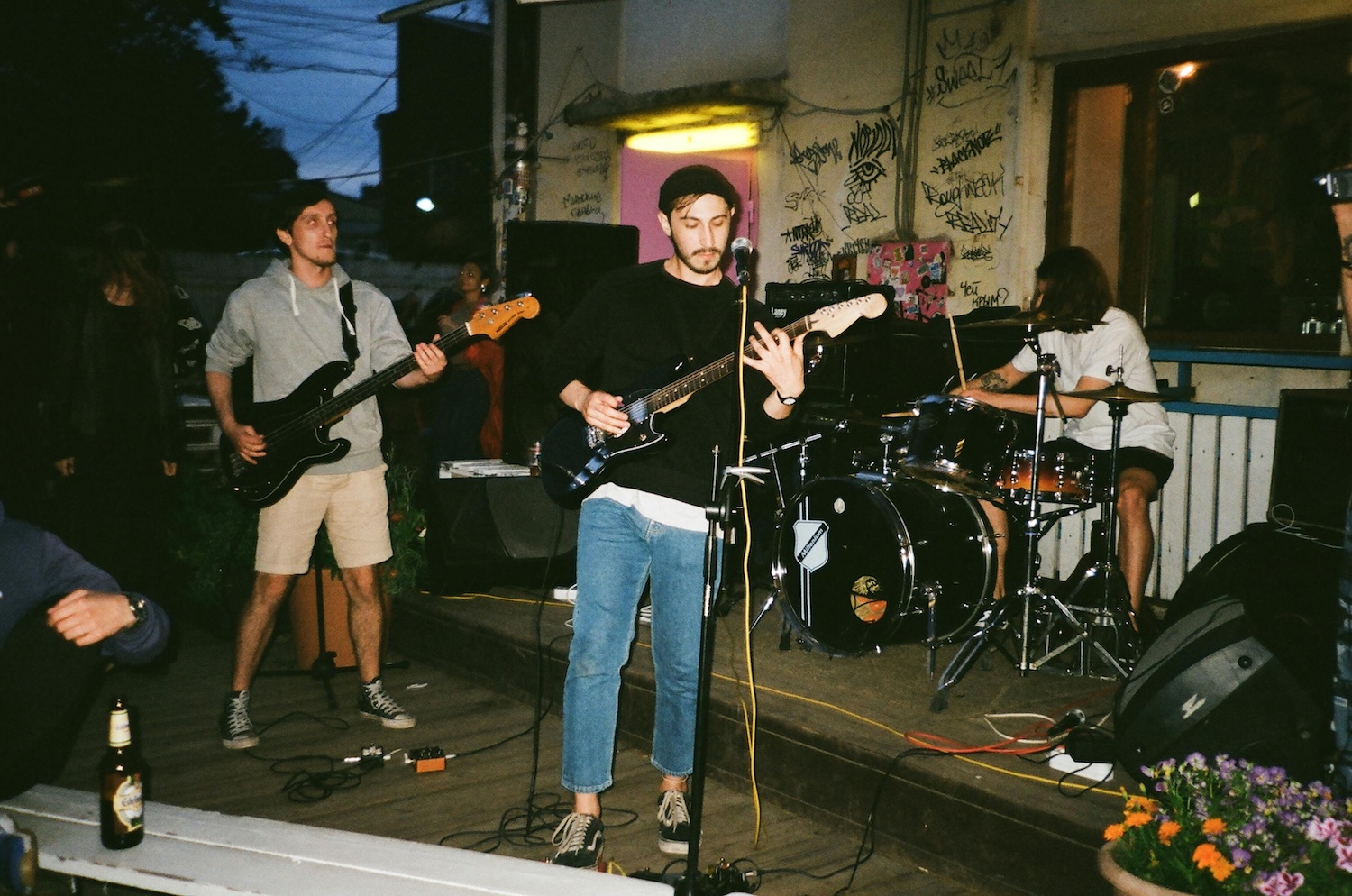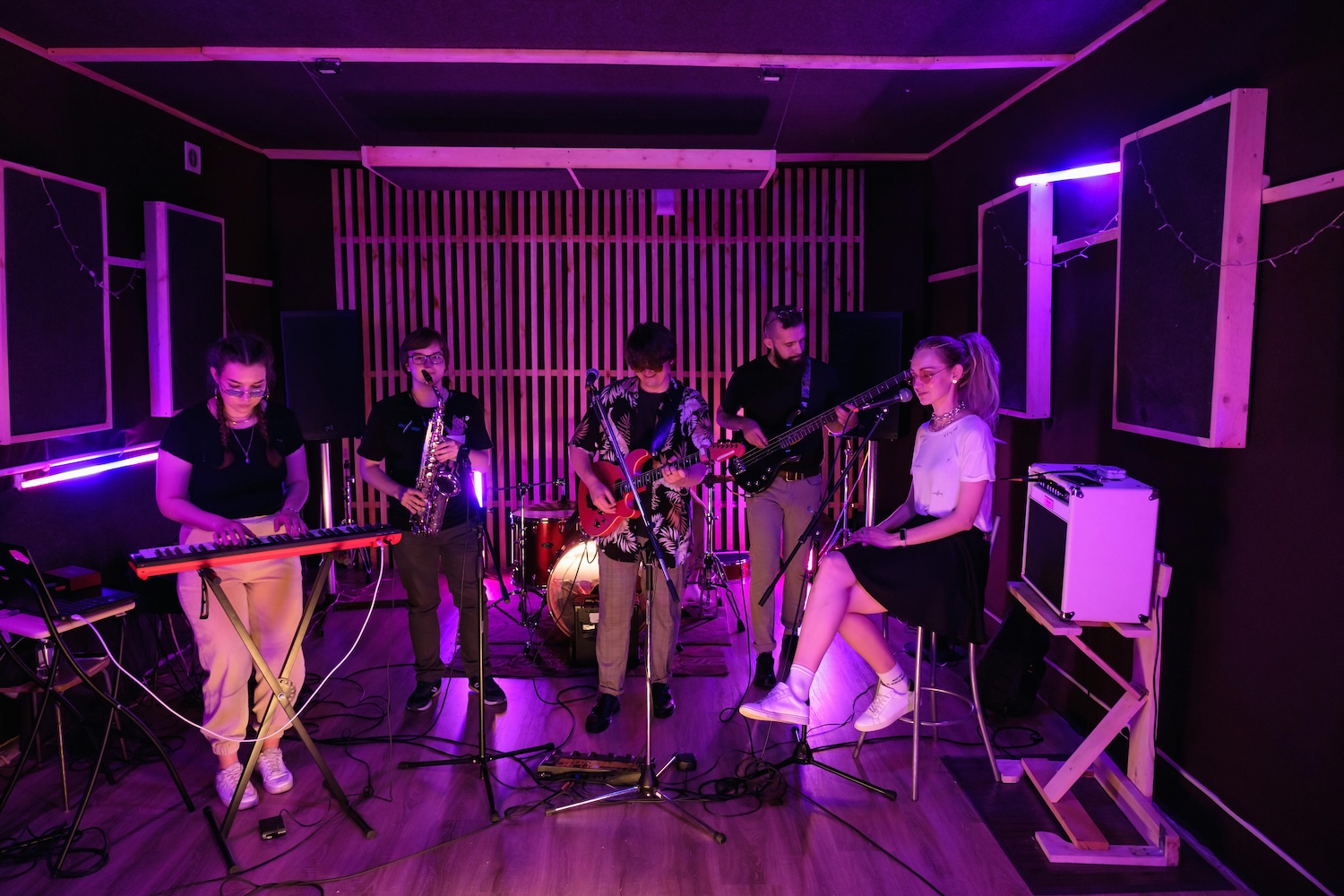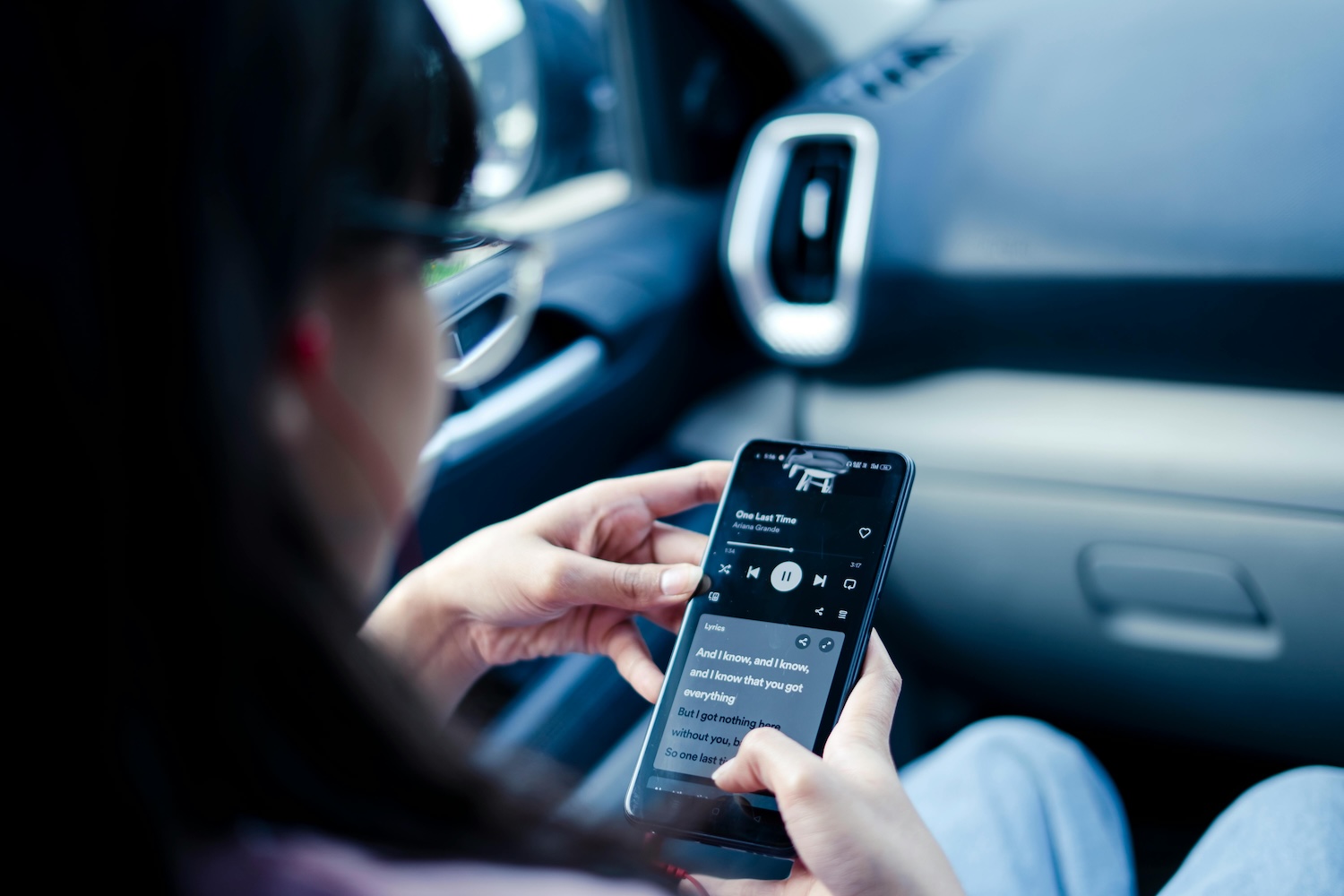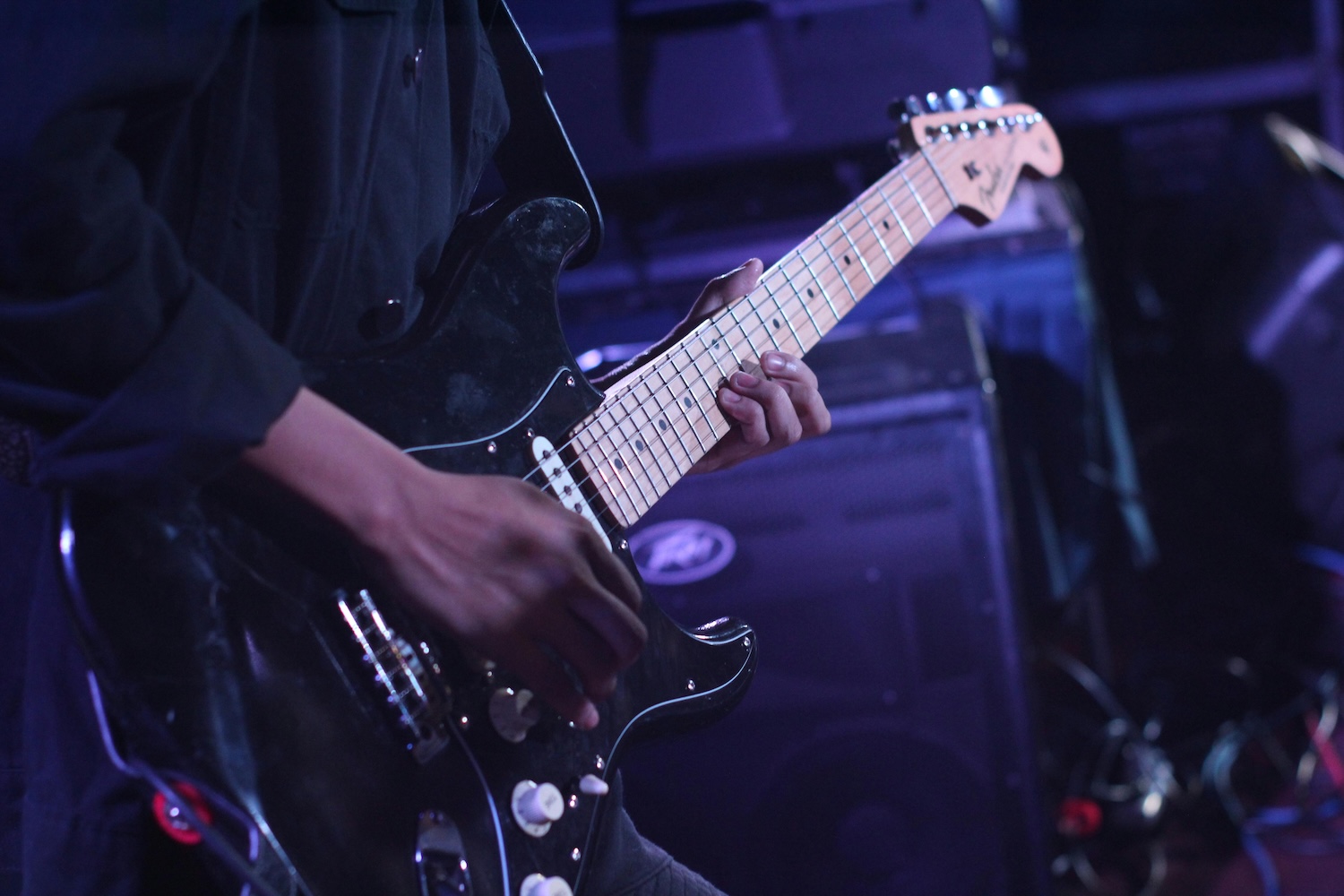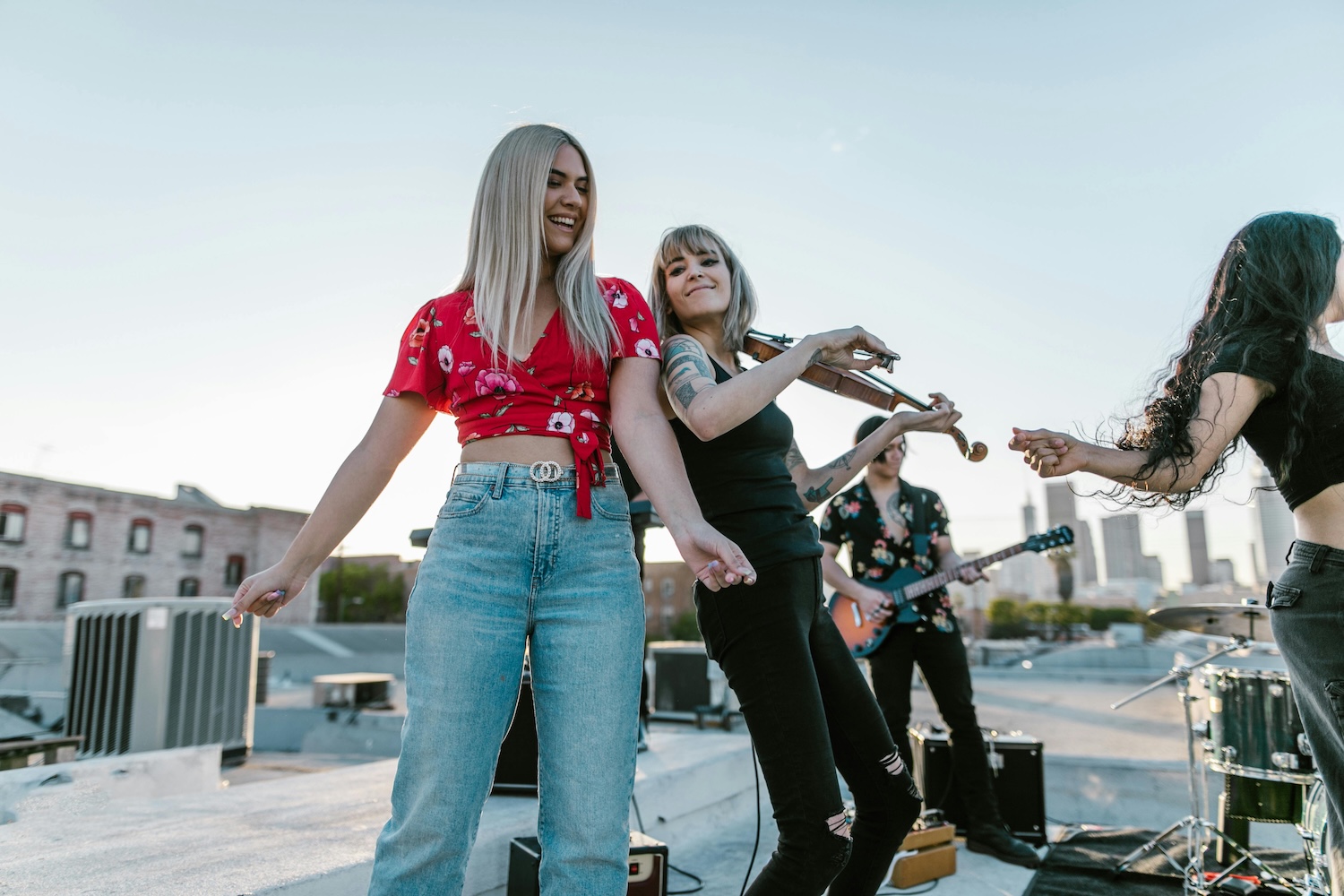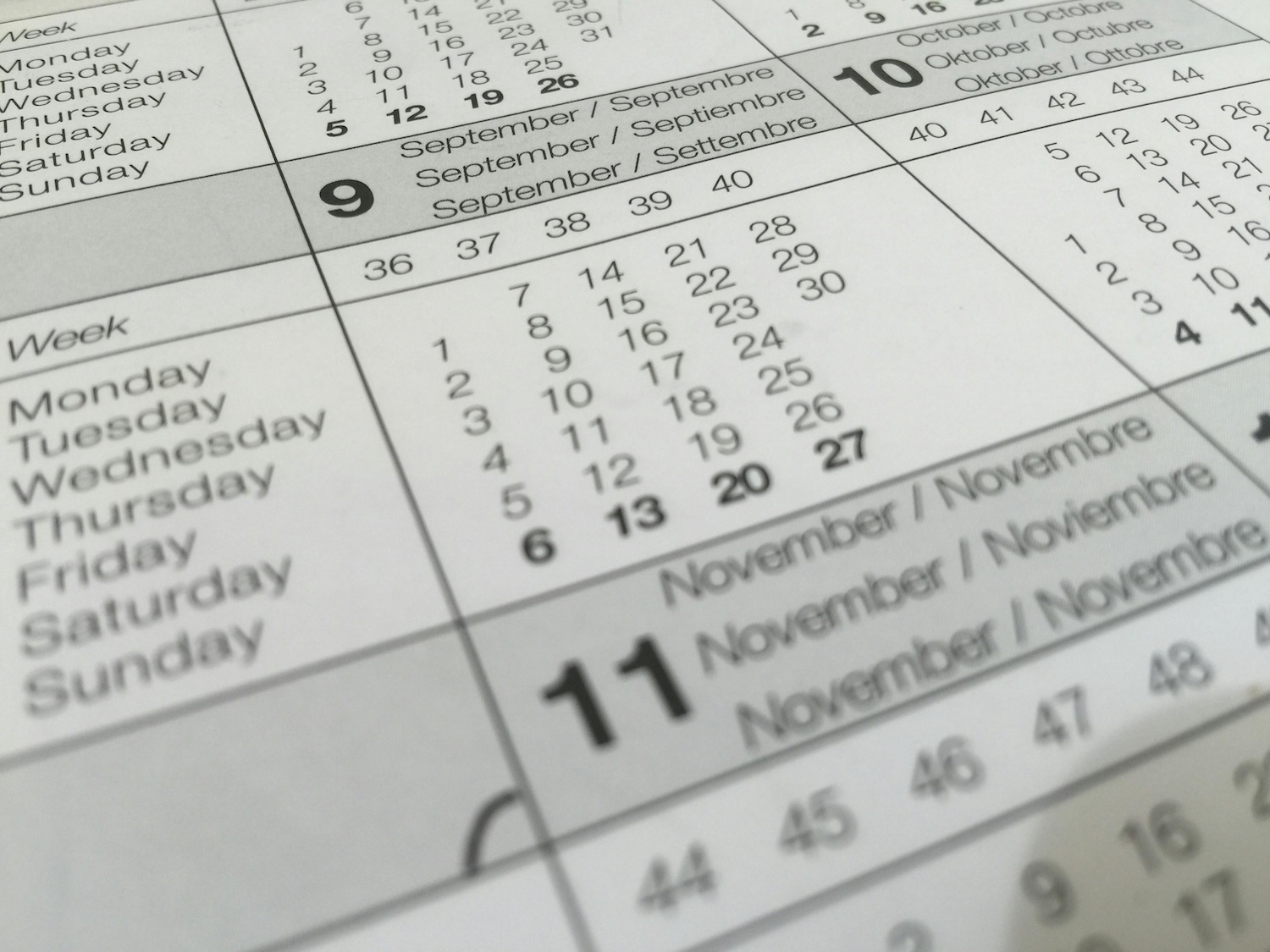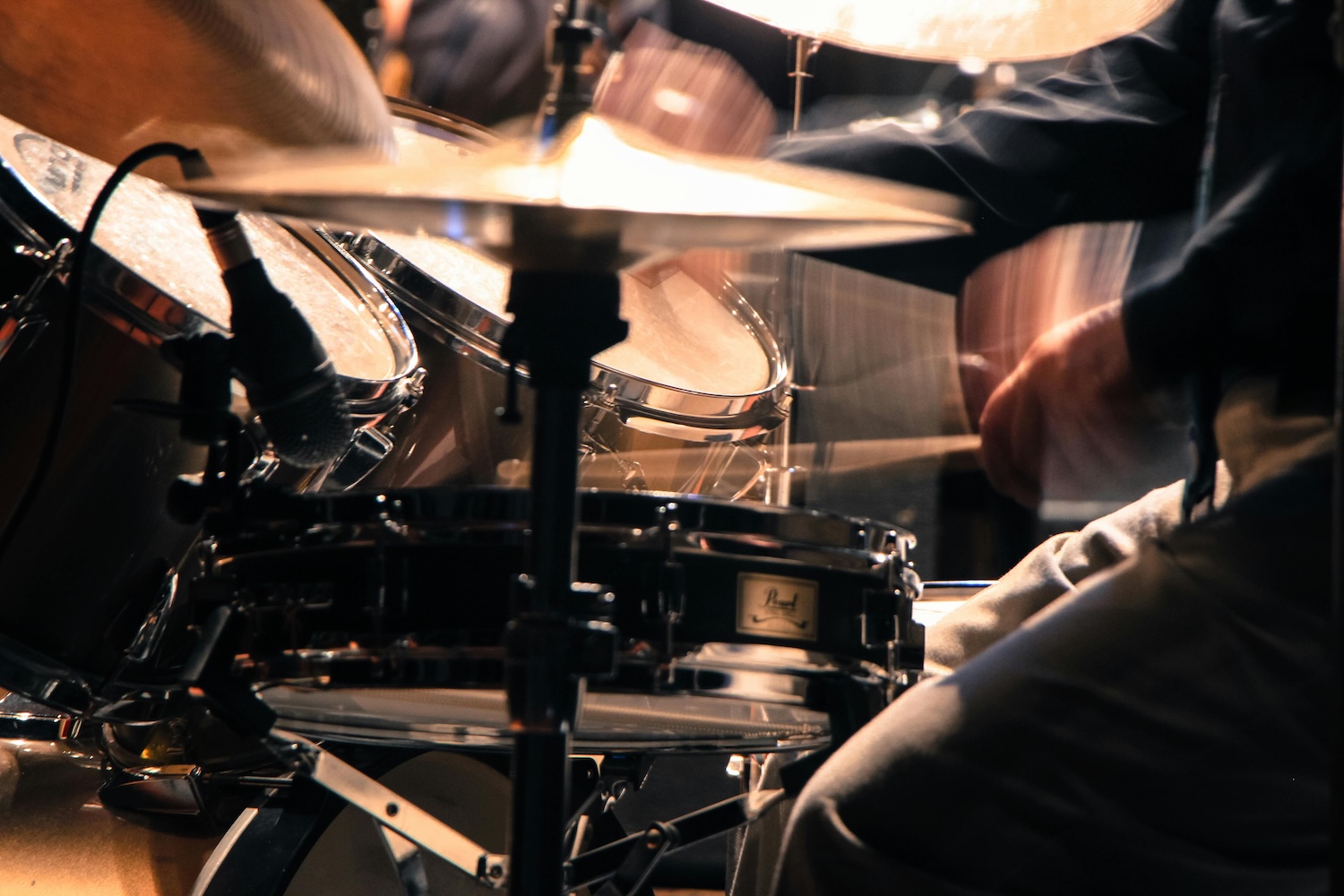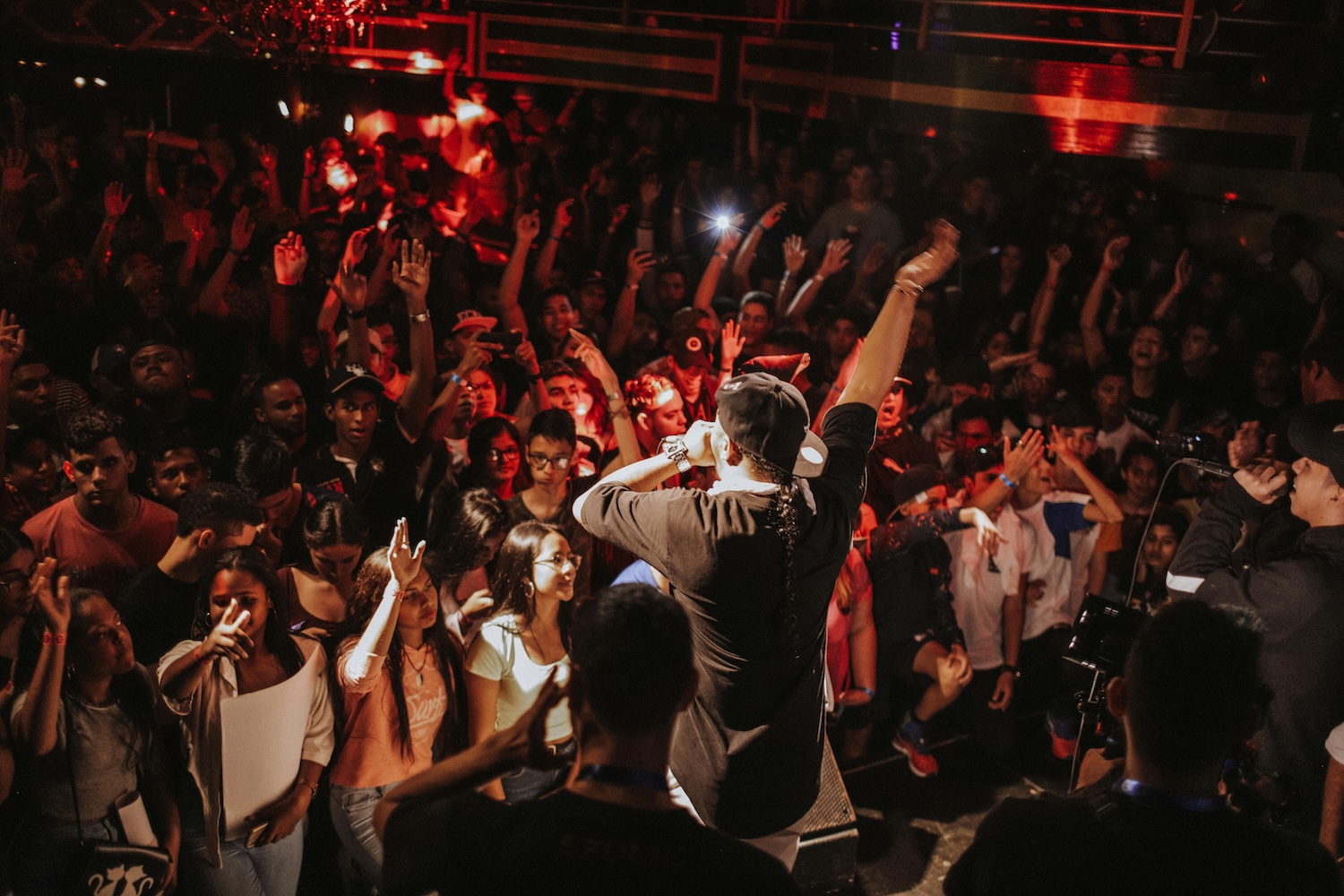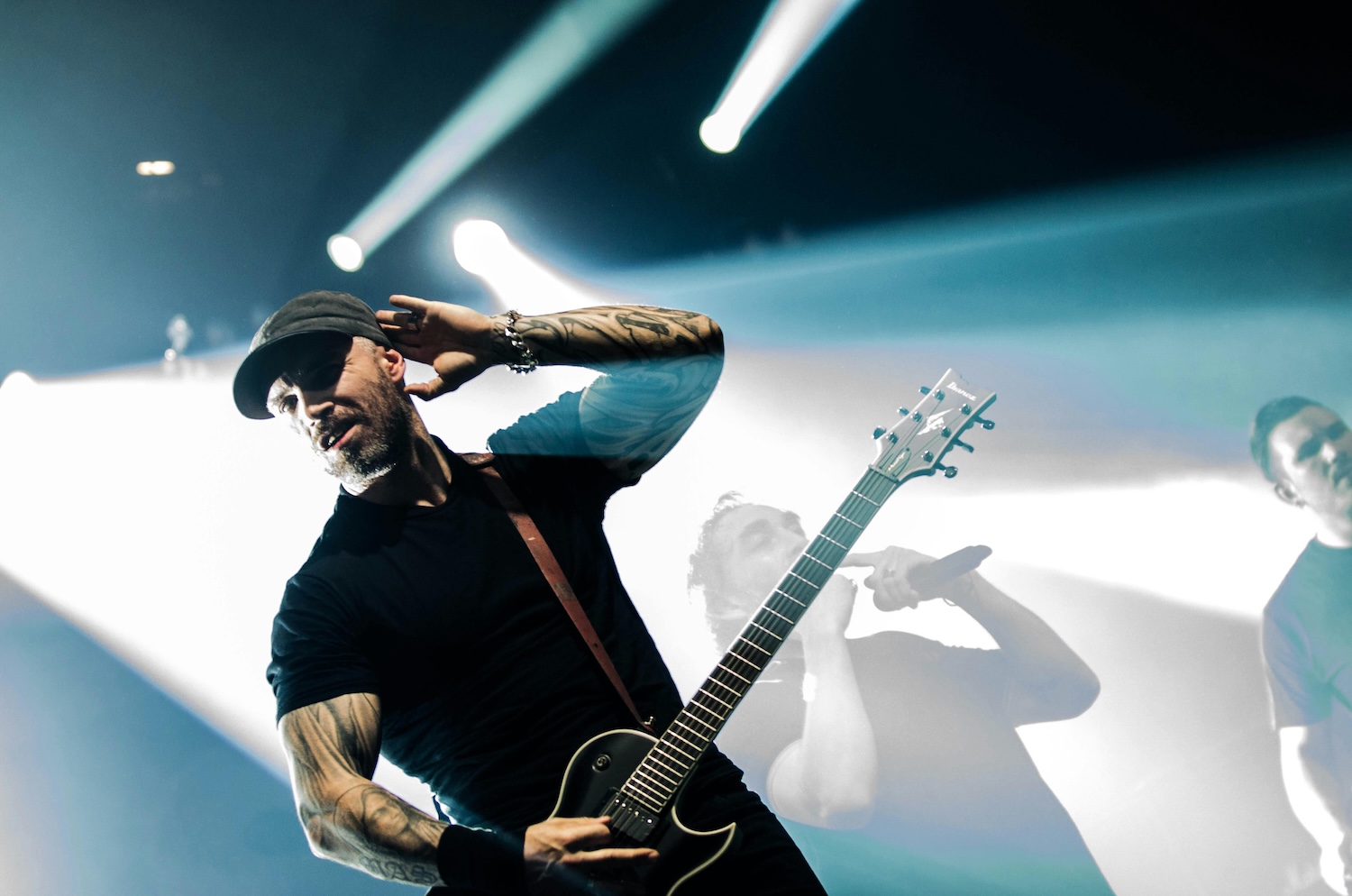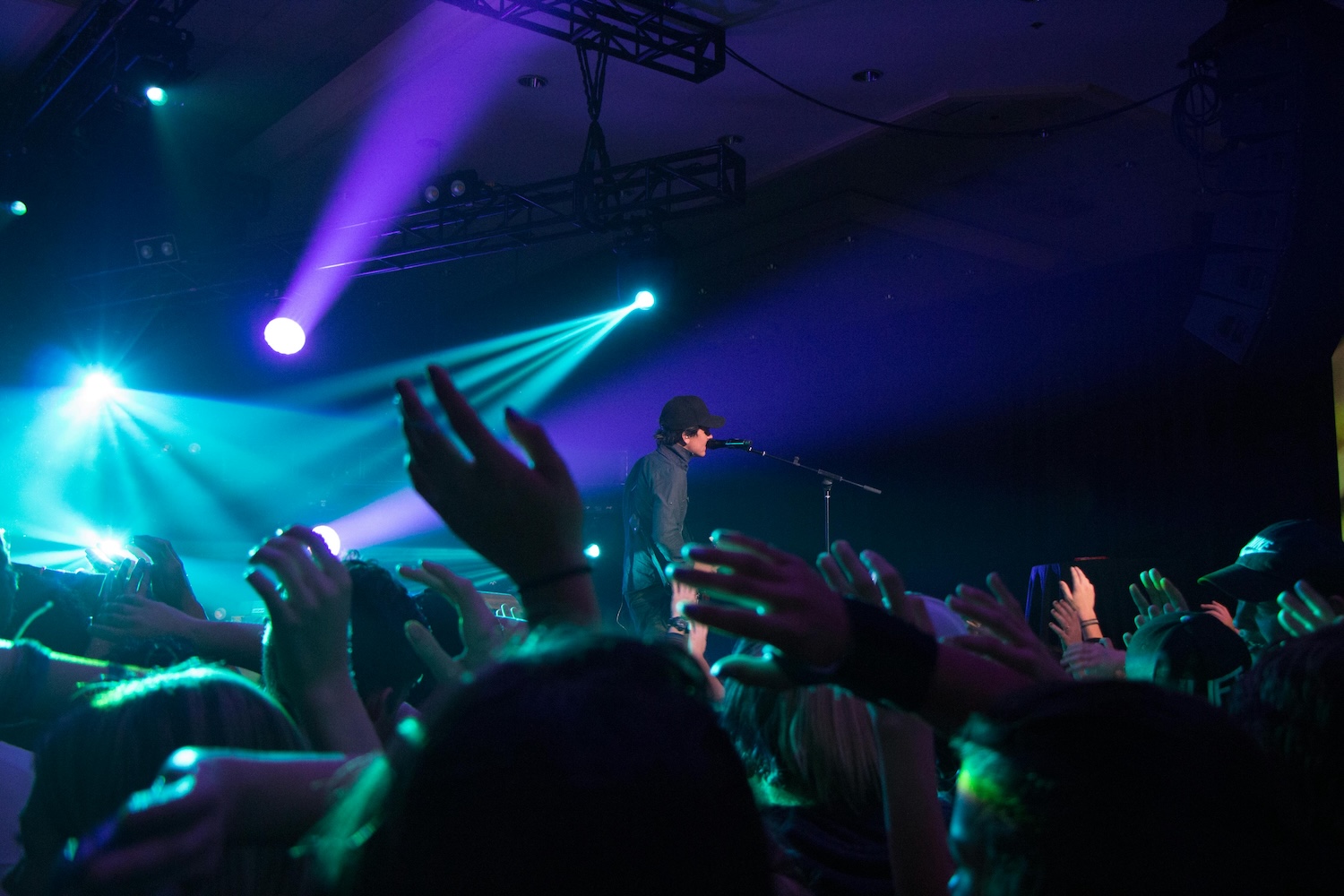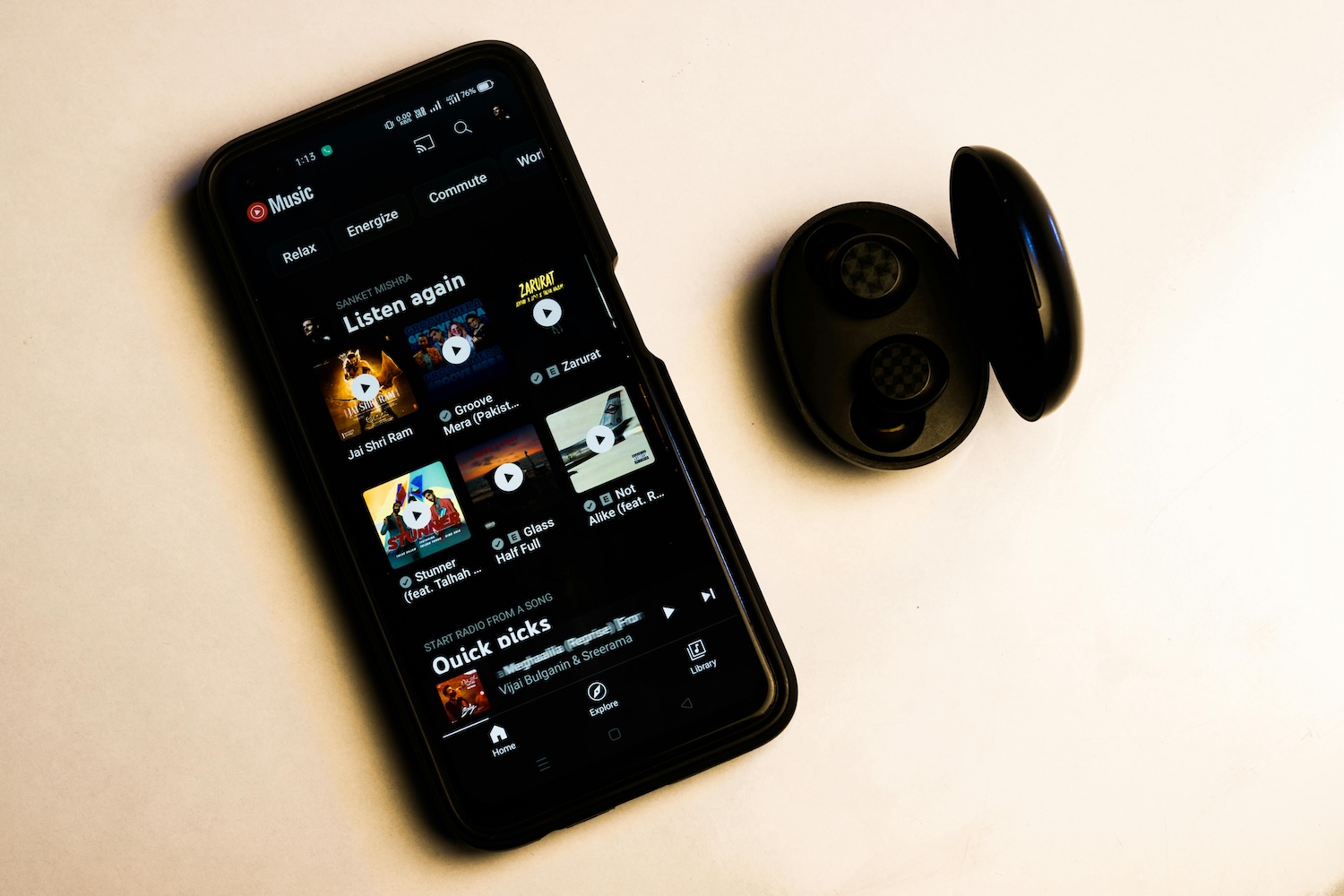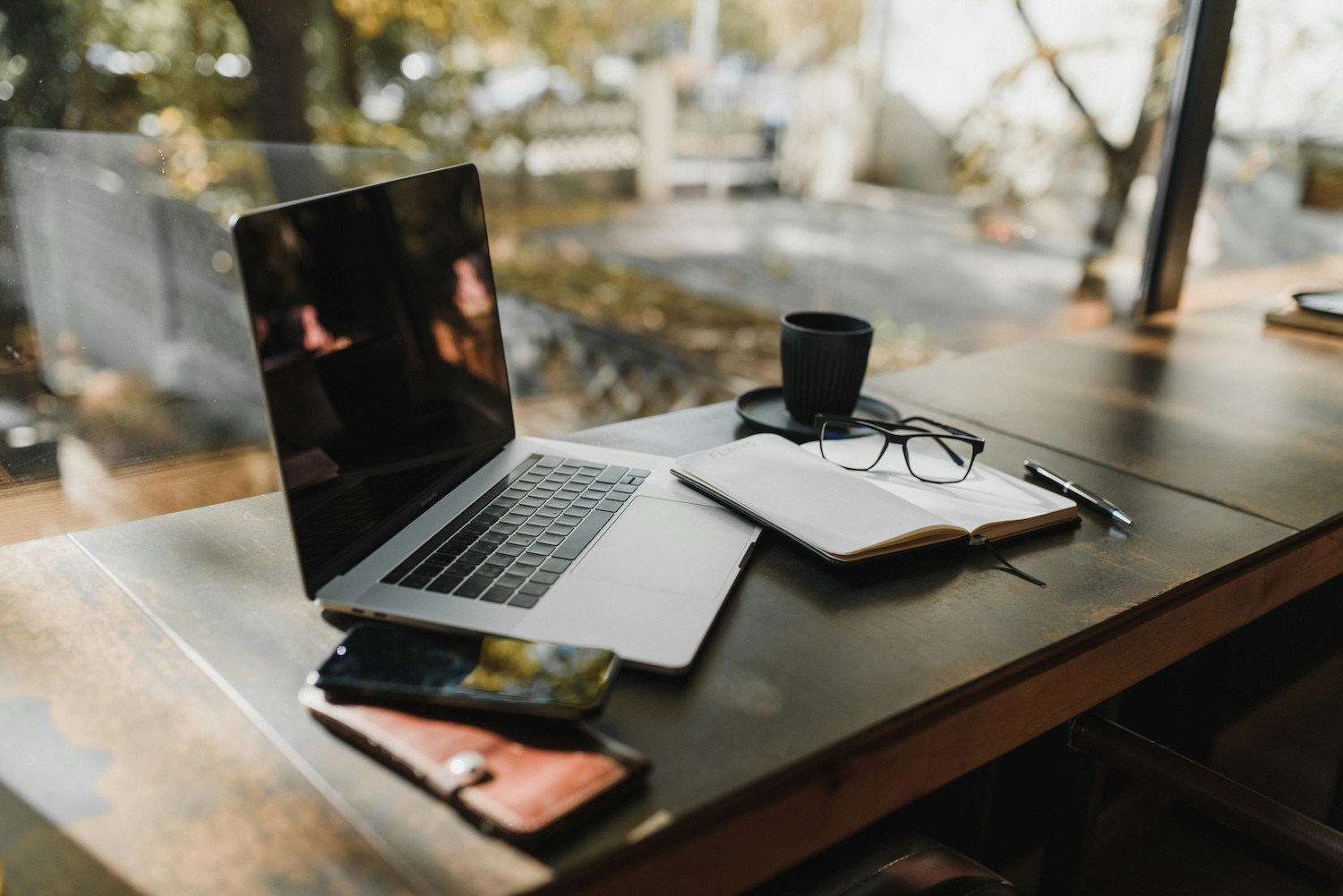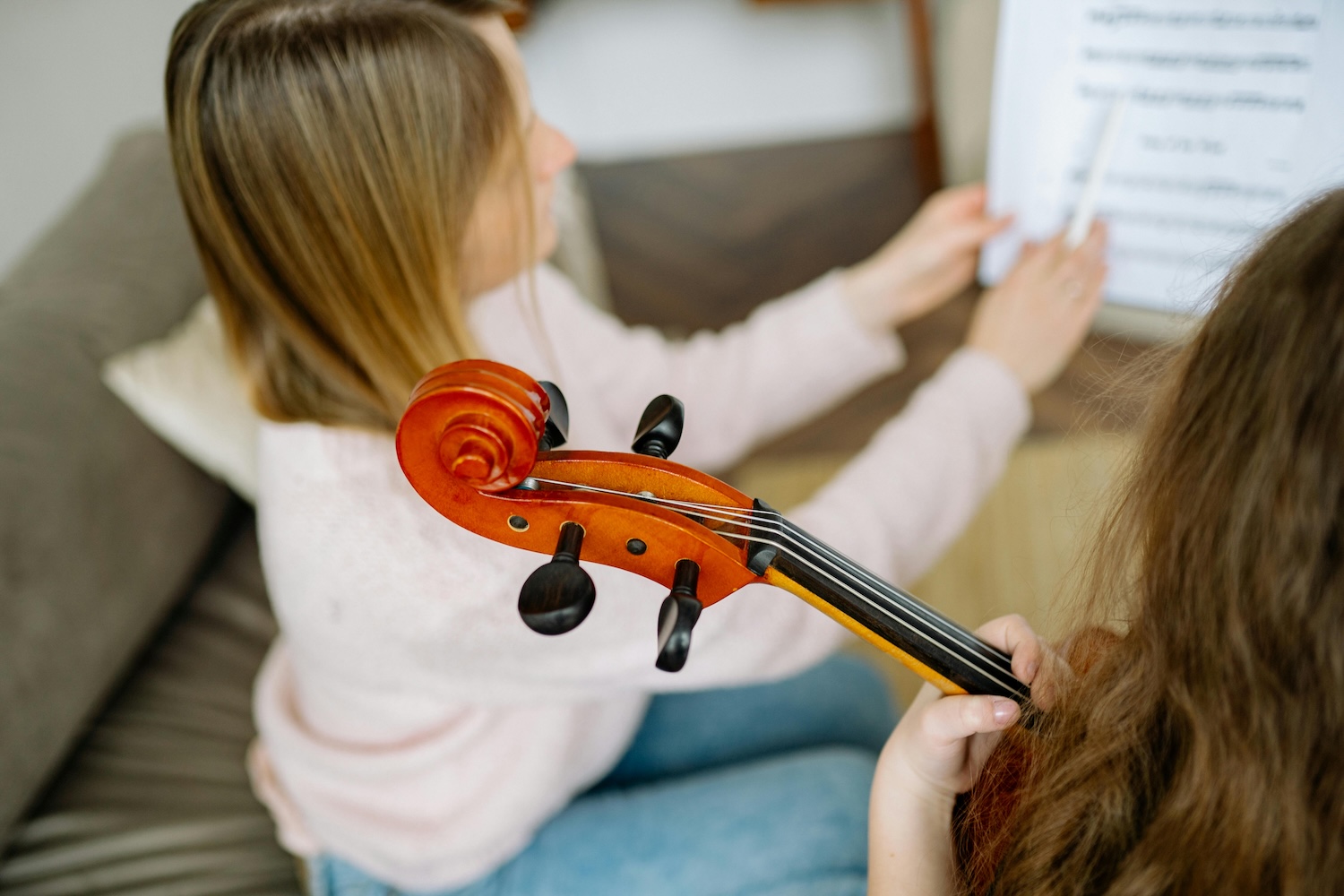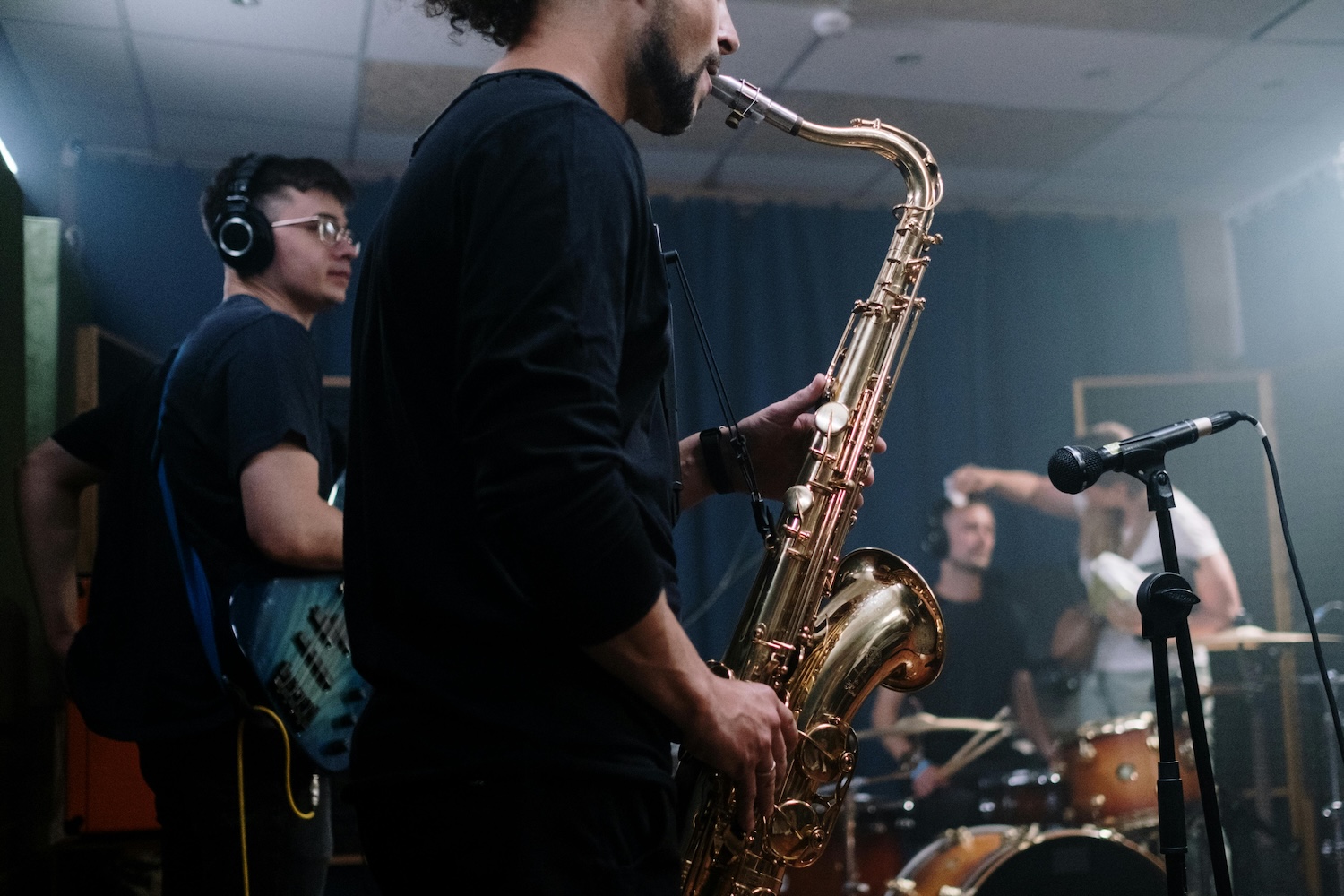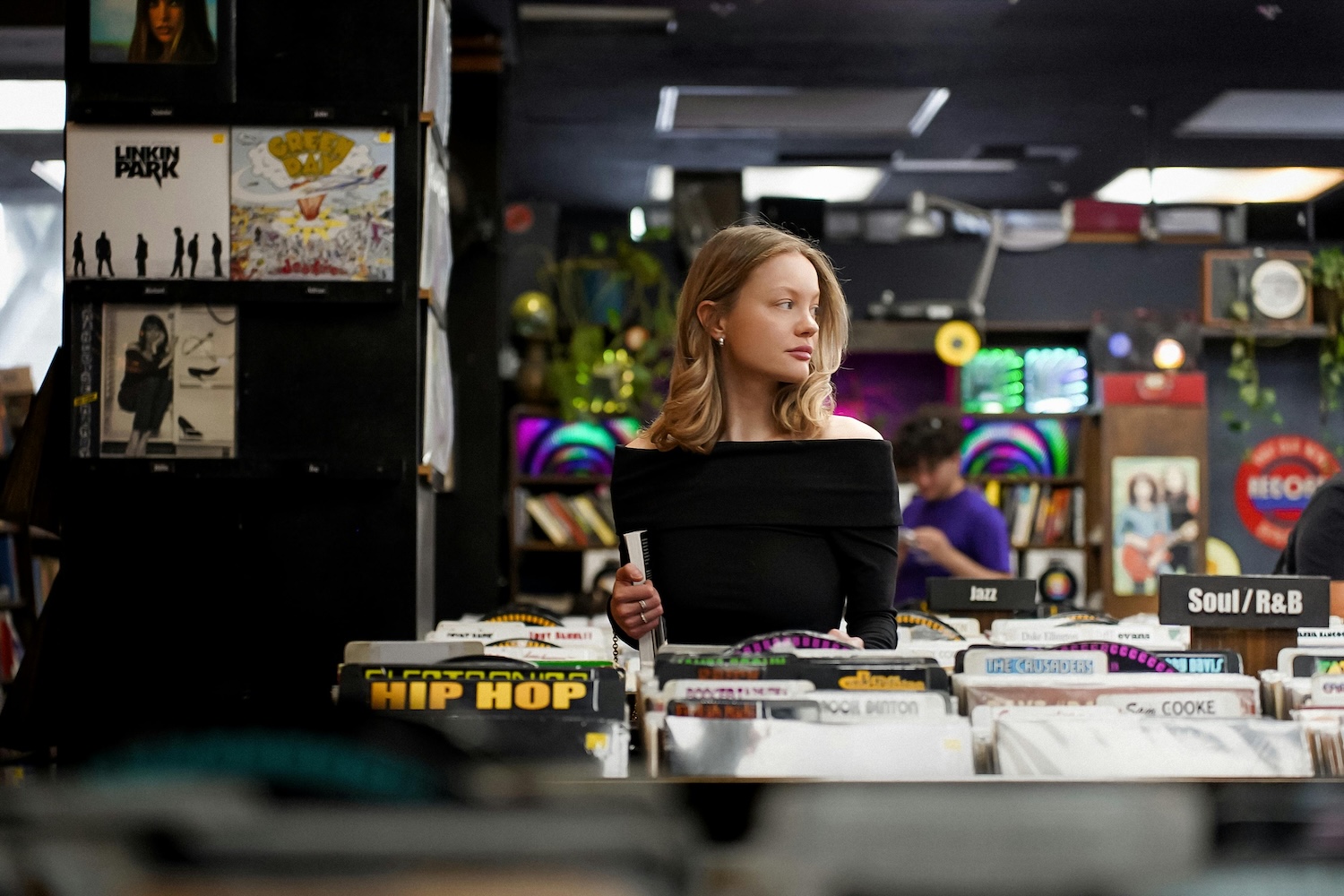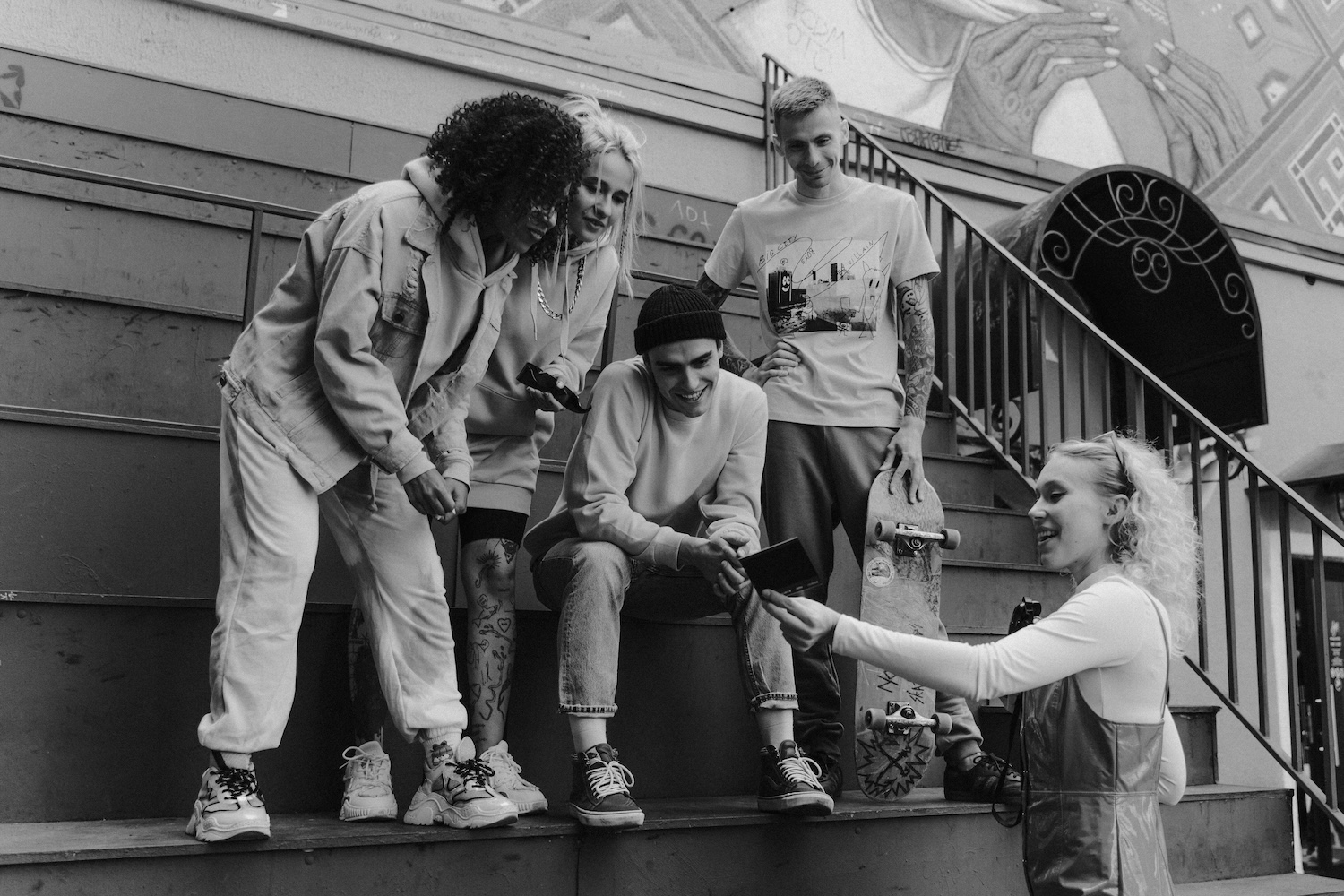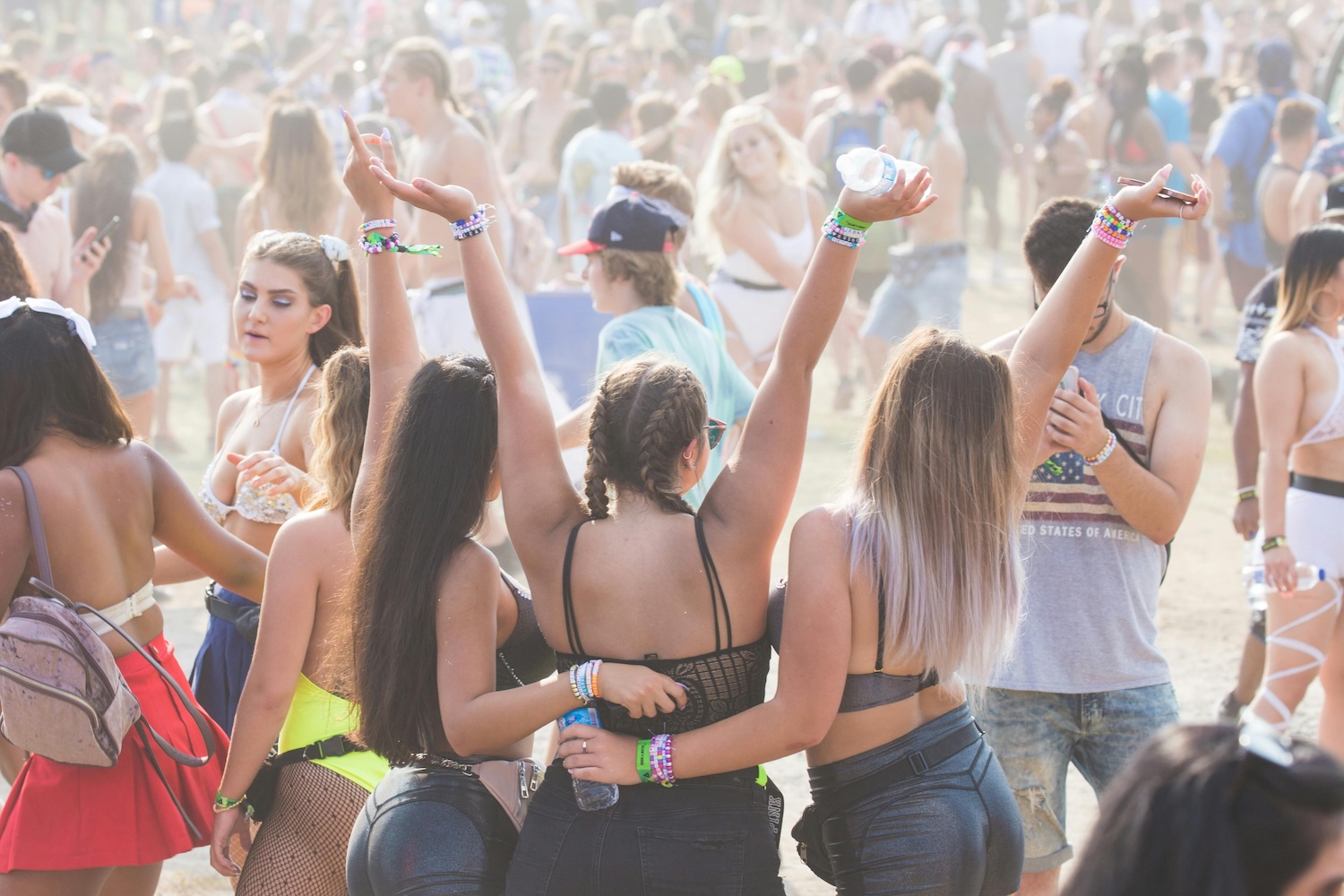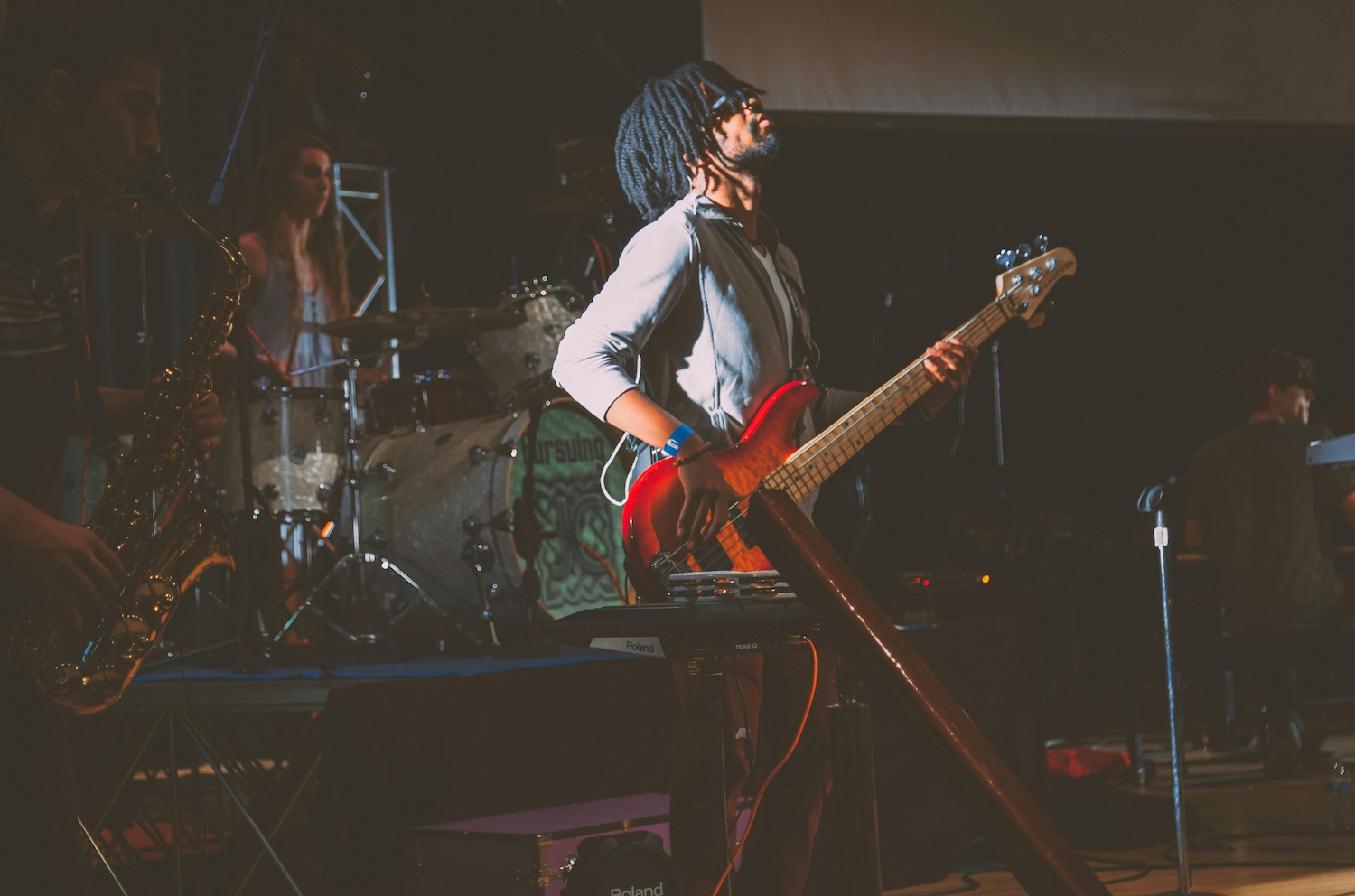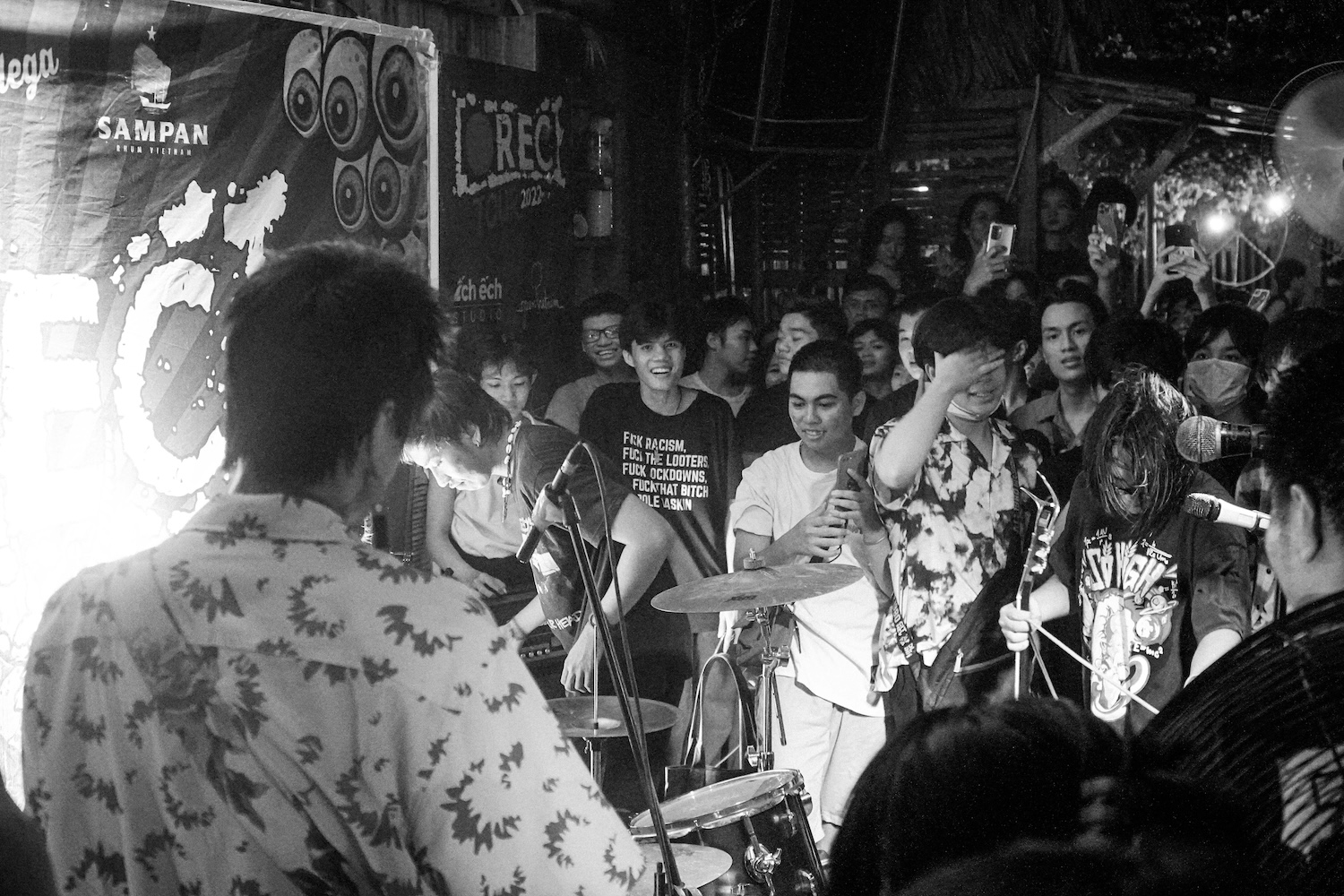DIY Music Releases: Your Step-by-Step Guide to Releasing Music Without a Record Label
Releasing your own music without a record label is no longer just for the underground scene. With the right tools and some know-how, you can take control of your career and reach a global audience—without being tied to contracts or middlemen. Here’s a step-by-step guide to help you release your music independently.
1. Prepare Your Music
Before thinking about distribution or PR, make sure your music is finished and polished:
- Recording & Mixing: Whether you're working with a producer or doing it all yourself, ensure the quality is up to professional standards.
- Mastering: The final technical step that makes your track sound great across all platforms.
2. Distribution – Get Your Music Out There
To release your music on Spotify, Apple Music, YouTube Music, and more, you'll need a digital distributor. Some of the most popular are:
- DistroKid
- TuneCore
- CD Baby
- Record Union
Most charge a small fee per year or per release, and you keep most of the royalties.
3. Cover Art – First Impressions Matter
Your artwork is often the first thing people see, so make it count. You can:
- Design it yourself using Canva, Photoshop, or similar tools
- Hire a designer through platforms like Fiverr or Upwork
- Collaborate with a visual artist in your network
Make sure your artwork meets distributor requirements (usually 3000x3000 px, JPG/PNG).
4. Metadata and Rights
When uploading your music, you’ll need to enter:
- Artist name
- Song/album title
- Genre
- Release date
- Composer and lyricist credits
- ISRC codes (your distributor can usually provide these)
You should also register with your local rights organizations (e.g., PRS, ASCAP, BMI, KODA, Gramex) to ensure you receive royalties from public performances.
5. PR and Promotion – Get Heard
Releasing your track is one thing. Getting people to listen is another. Consider:
- Sending press releases to music blogs and media
- Running social media campaigns and ads
- Pre-saves and listening events
- Creating a music video or social media visuals
- Pitching to playlists (via Spotify for Artists and independent curators)
Start your promotion 3–4 weeks before your release date for maximum impact.
6. Release Day – and Beyond
Once your music is out, the work isn’t over:
- Share links and content regularly
- Engage with fans and media
- Use Spotify for Artists to understand your listeners
- Plan your next release, video, or live session
Final Thoughts
Going the DIY route takes effort—but it gives you full creative and financial control. You set the pace, the style, and the direction. With a little planning, you can deliver a professional release completely on your own terms. And remember: each release teaches you something new and brings you one step closer to your goals.



